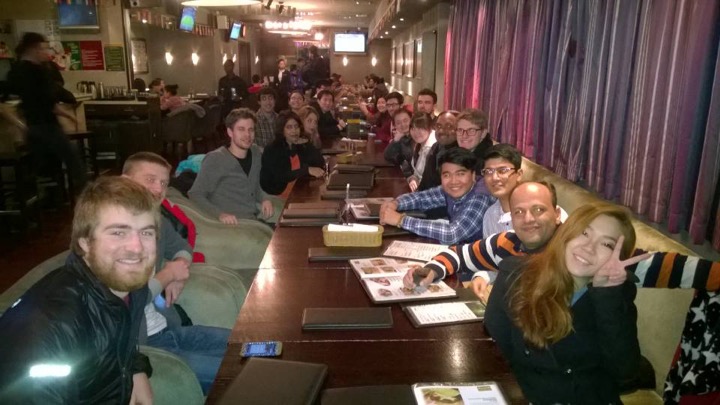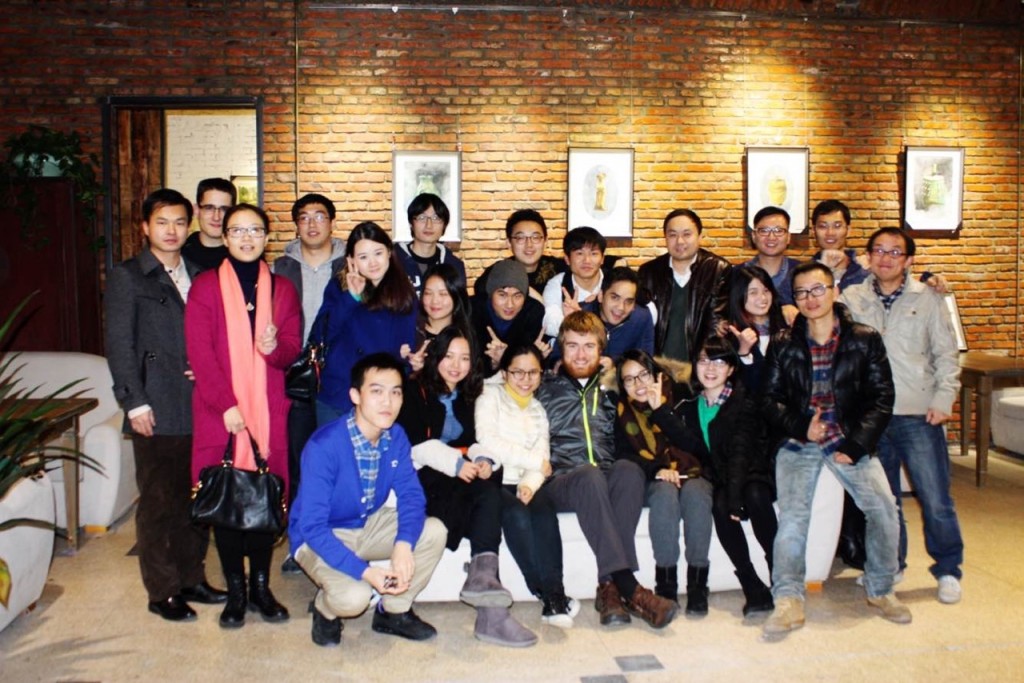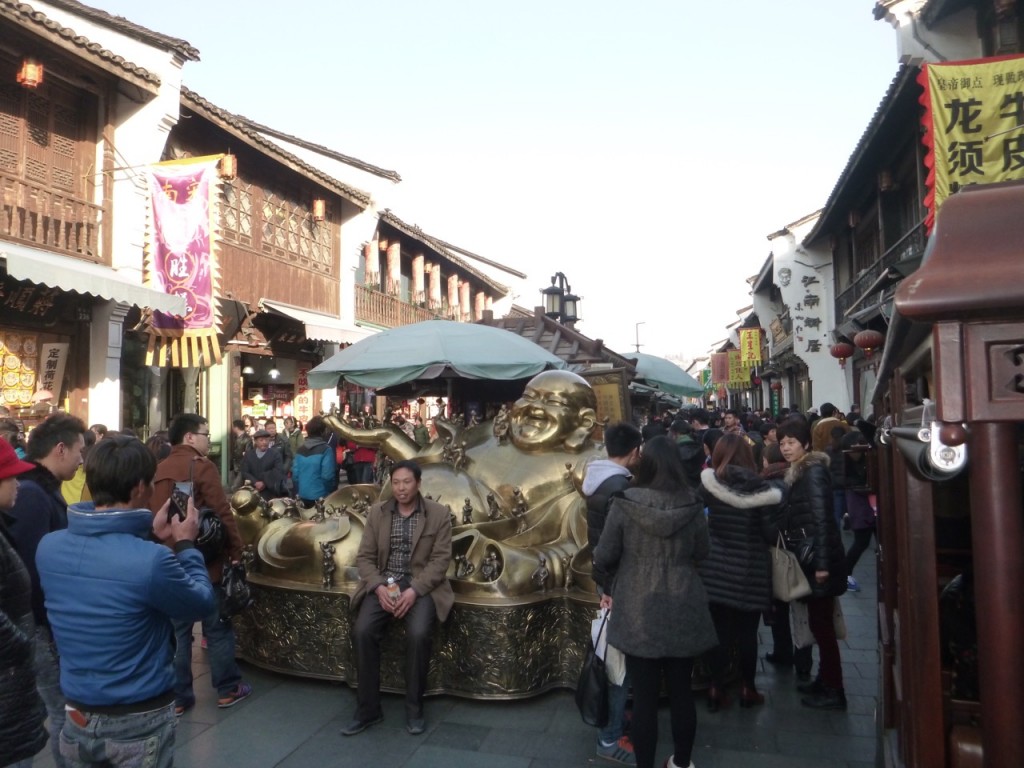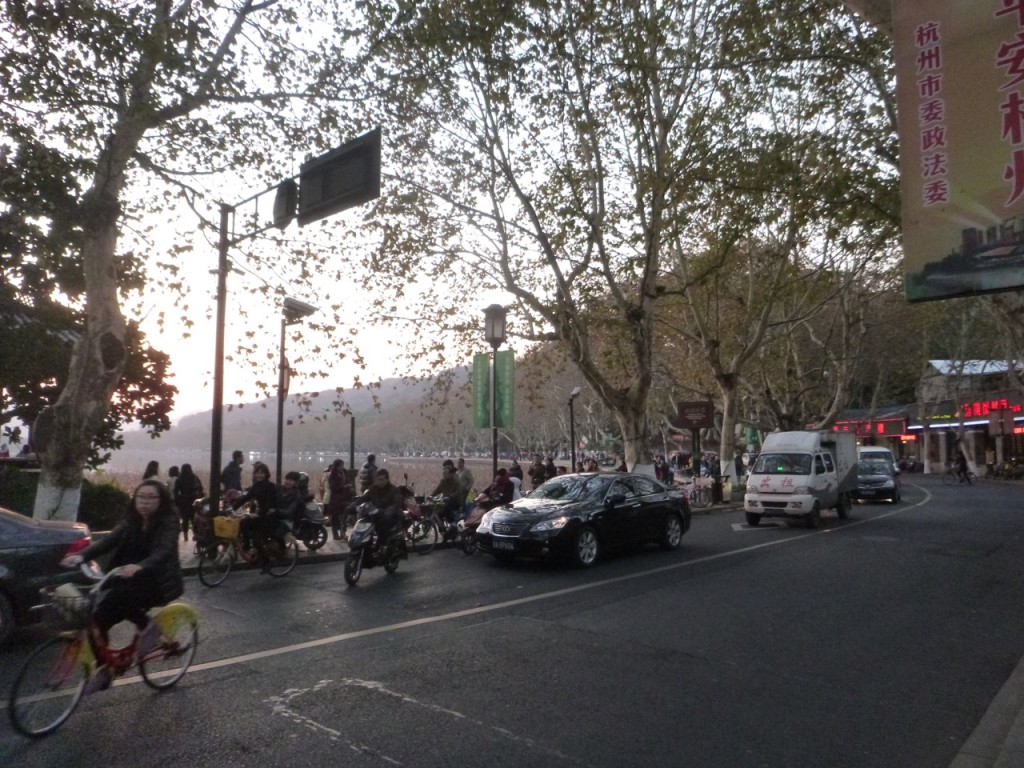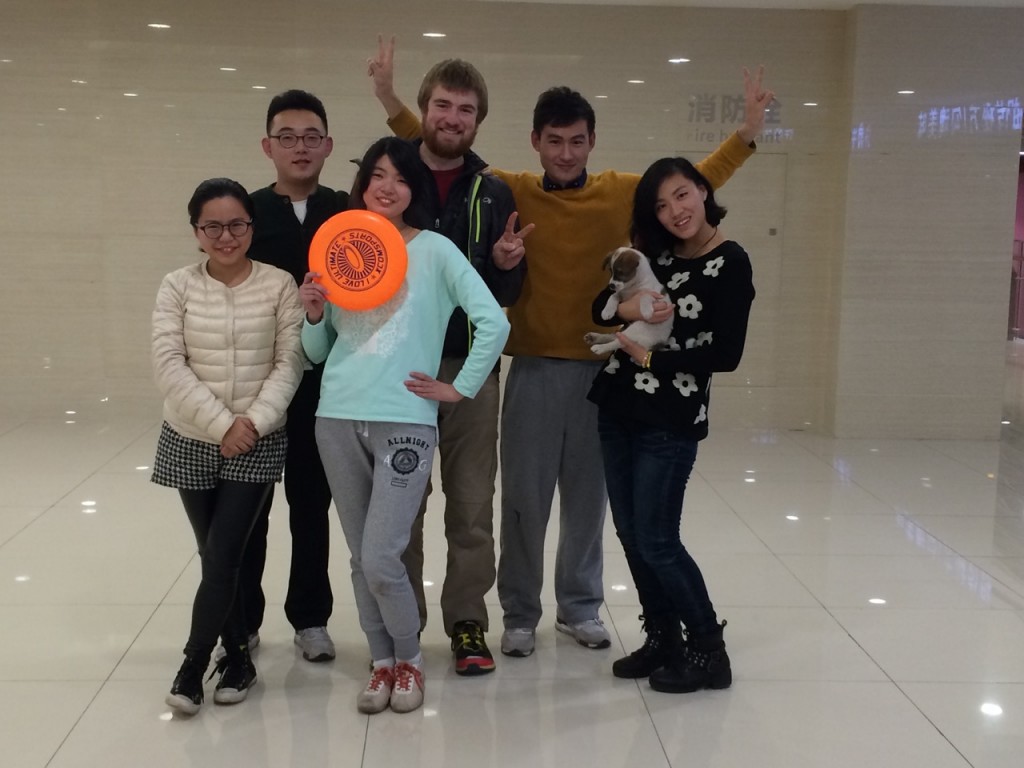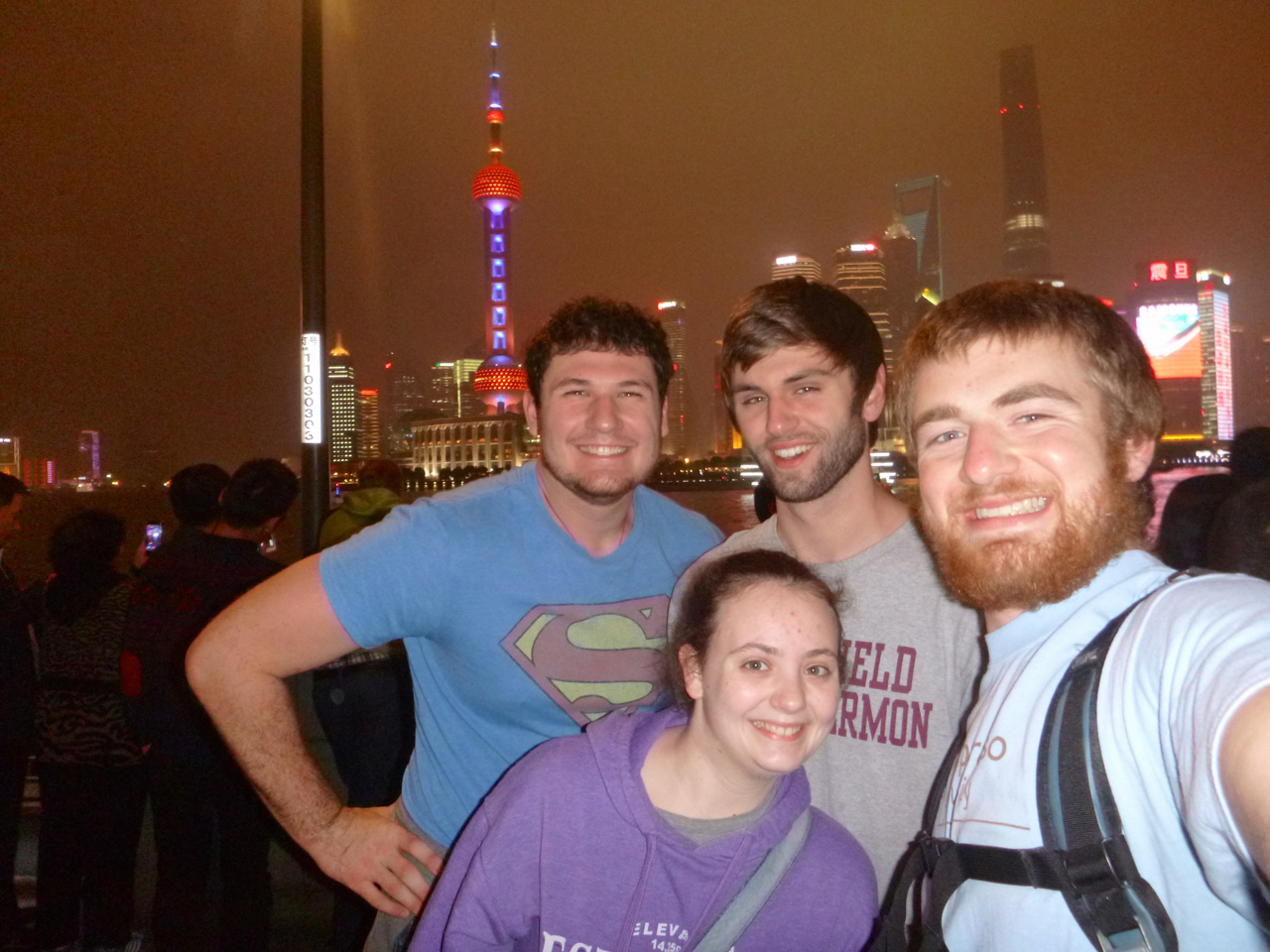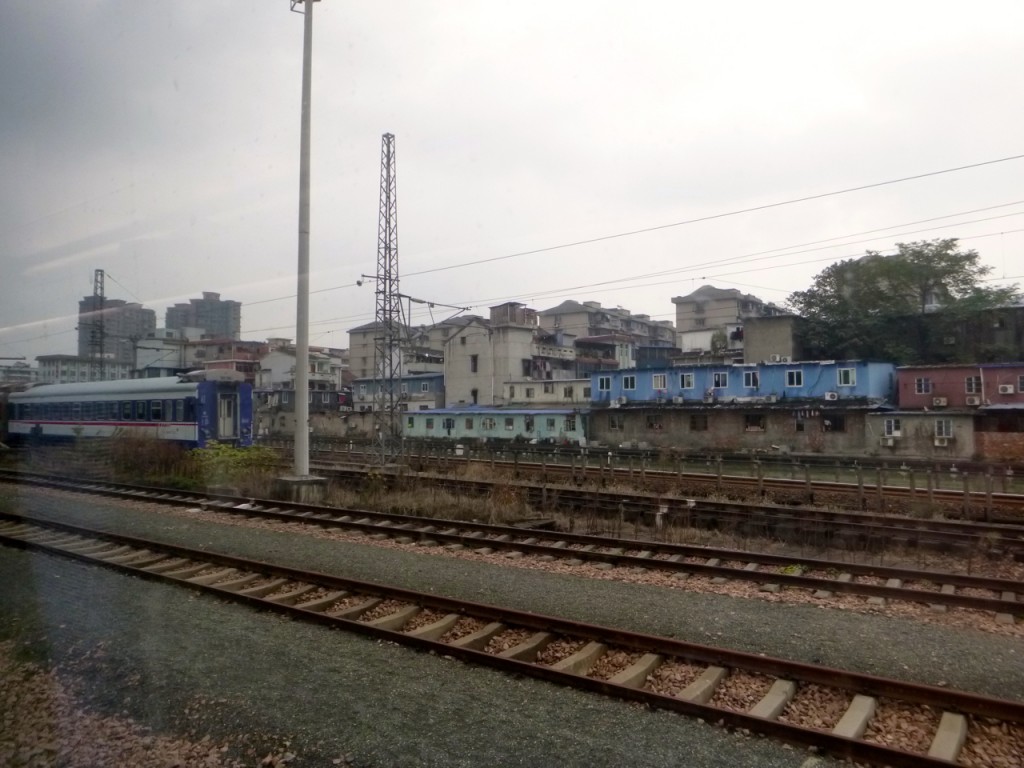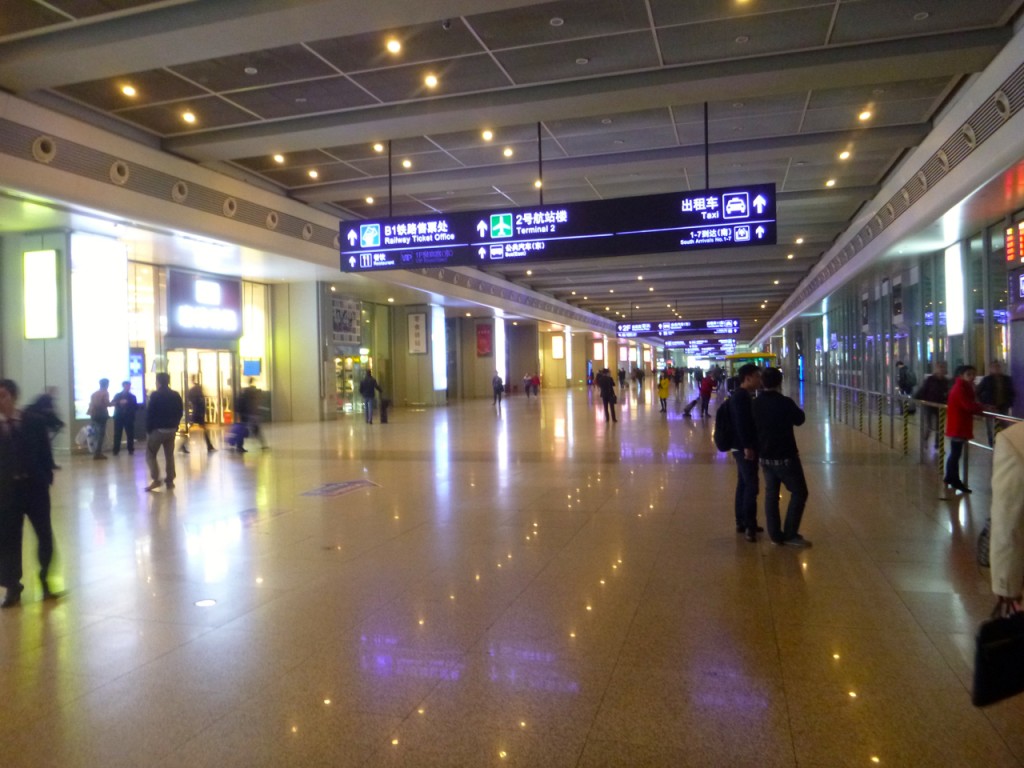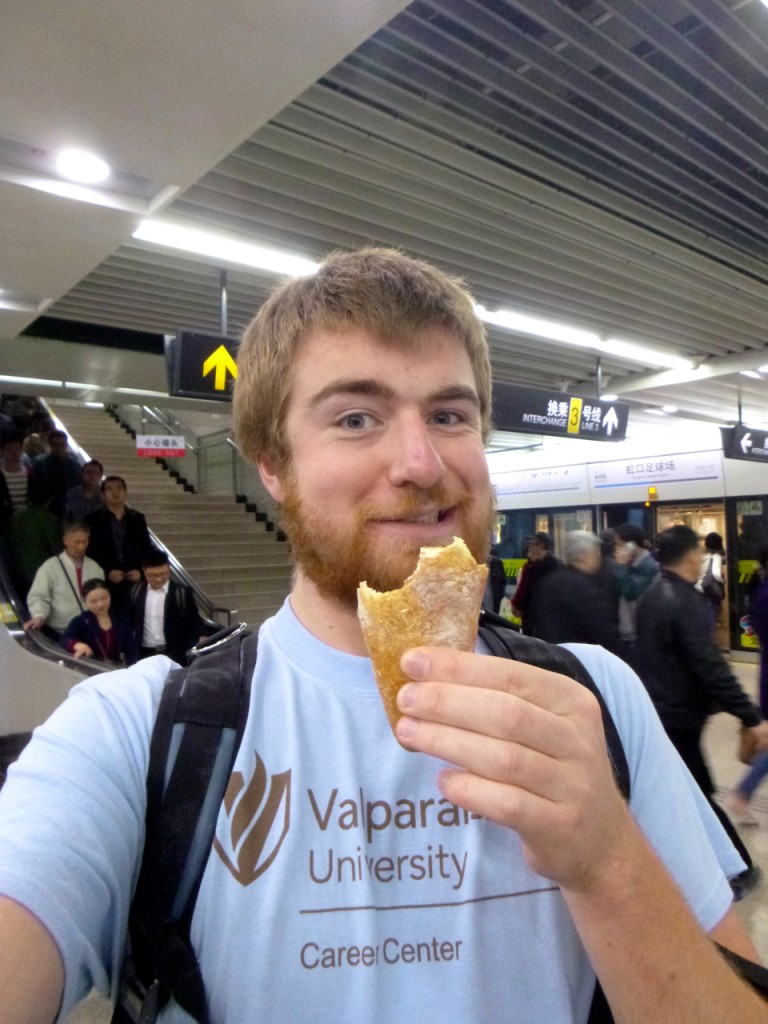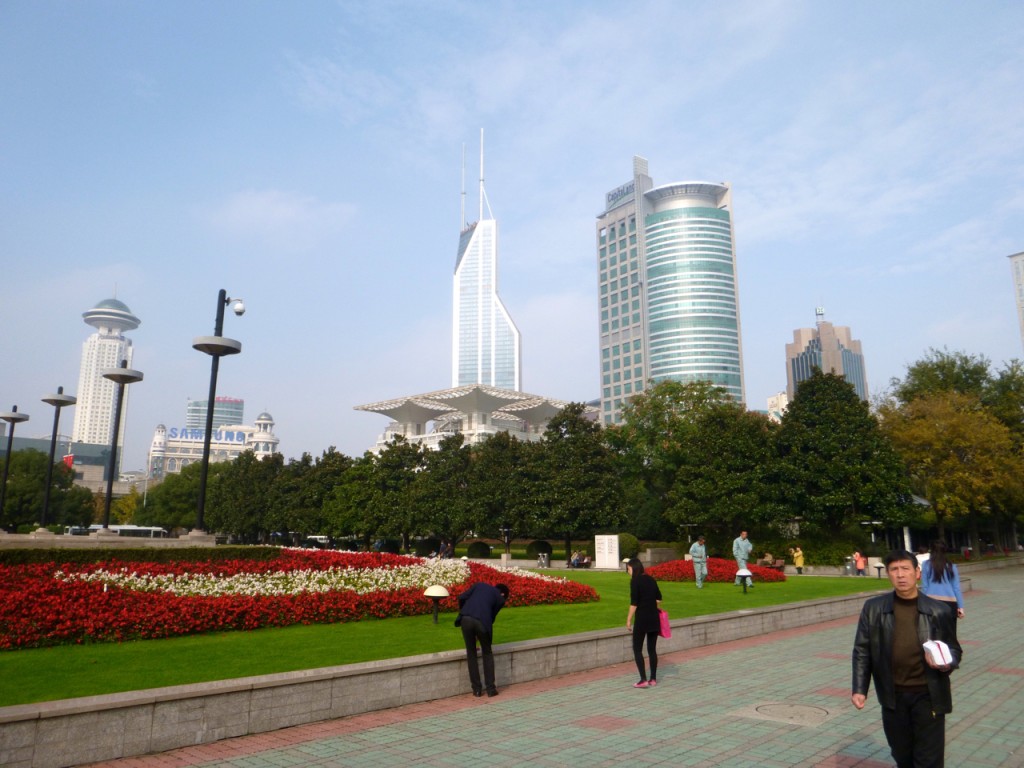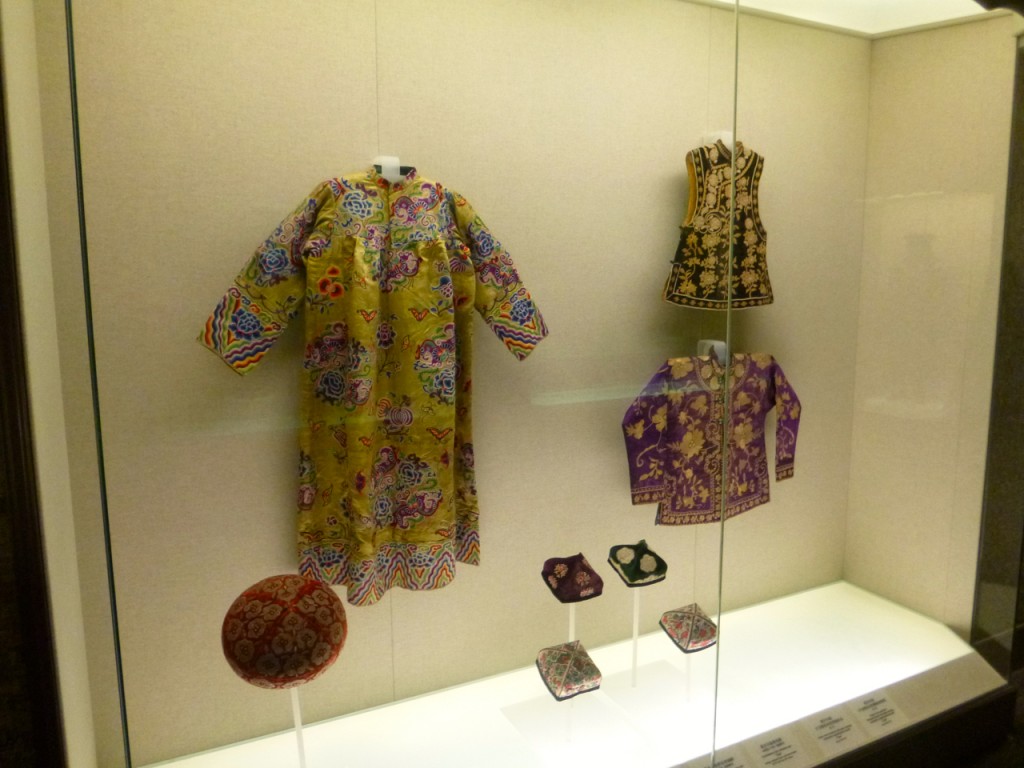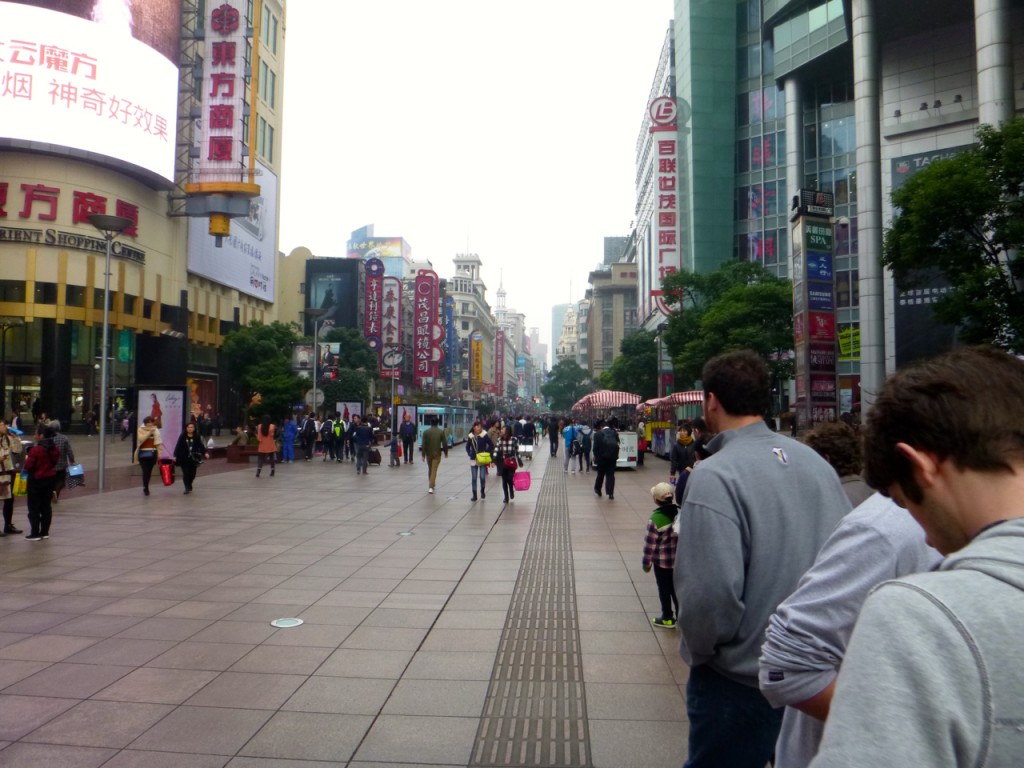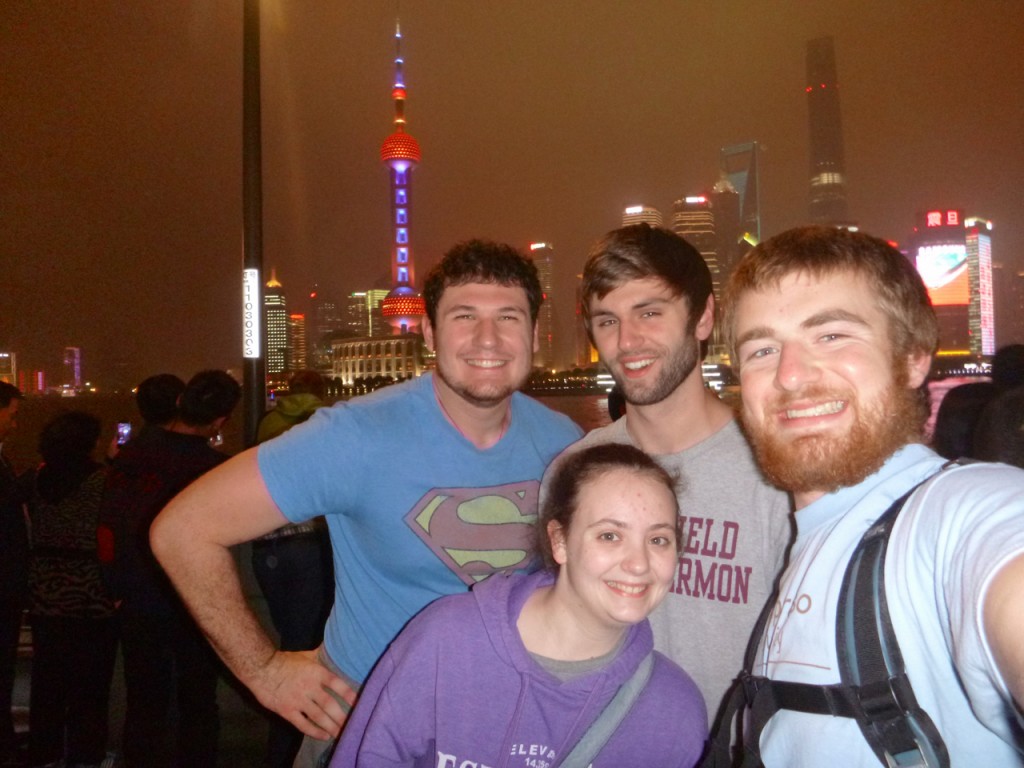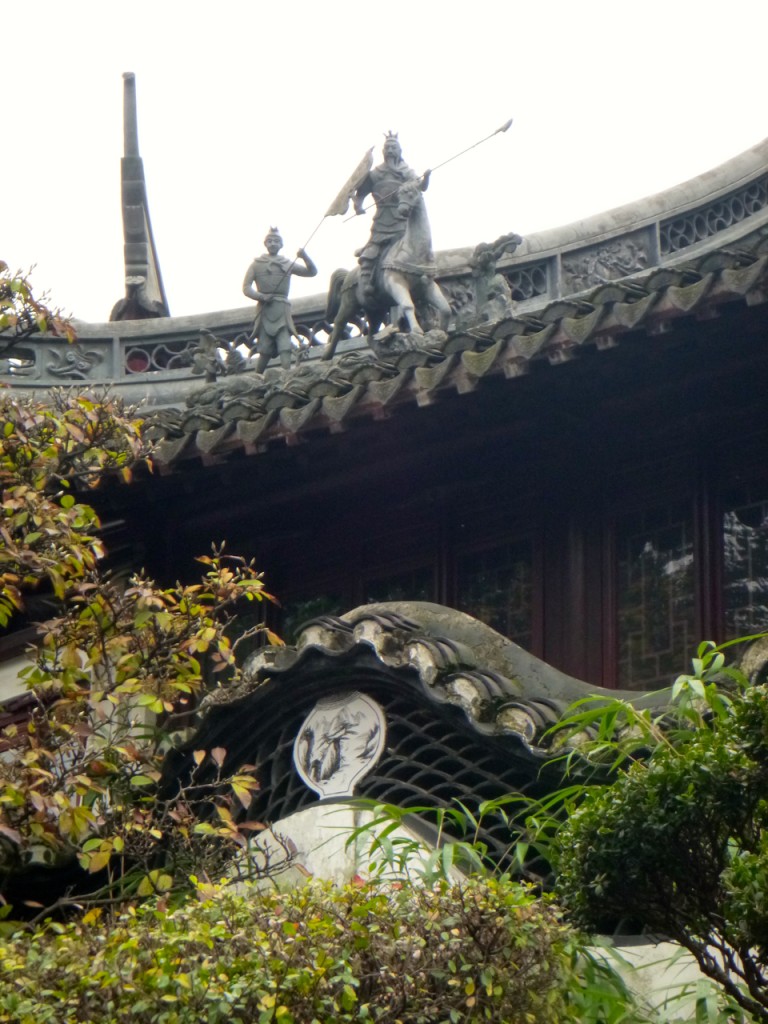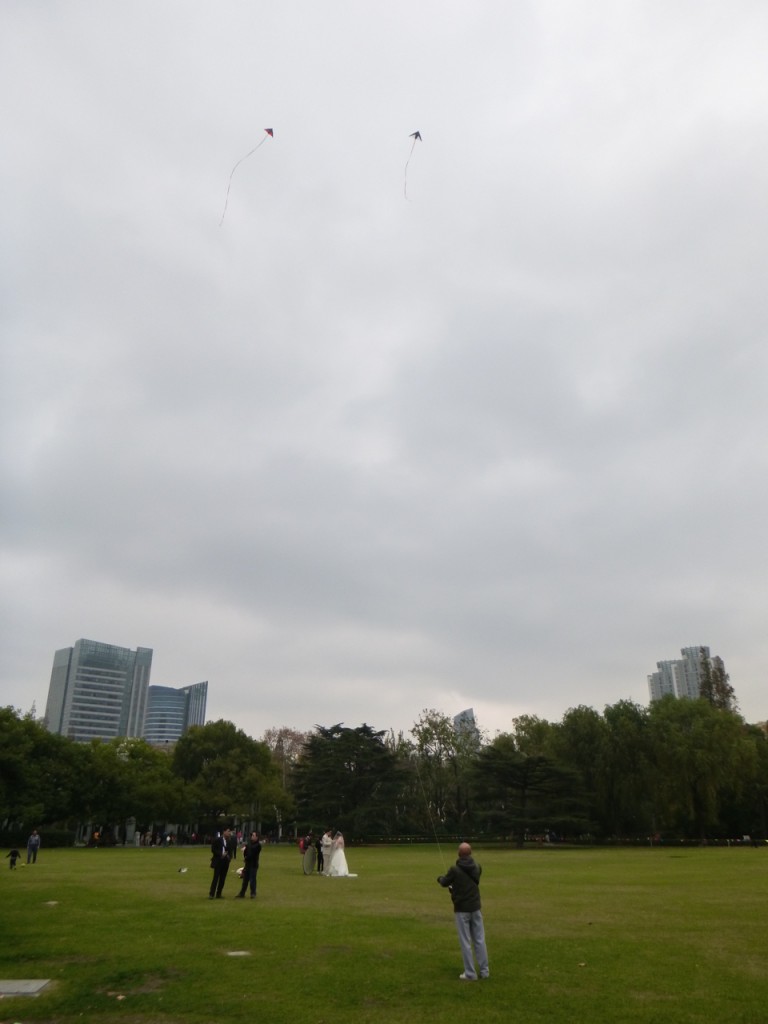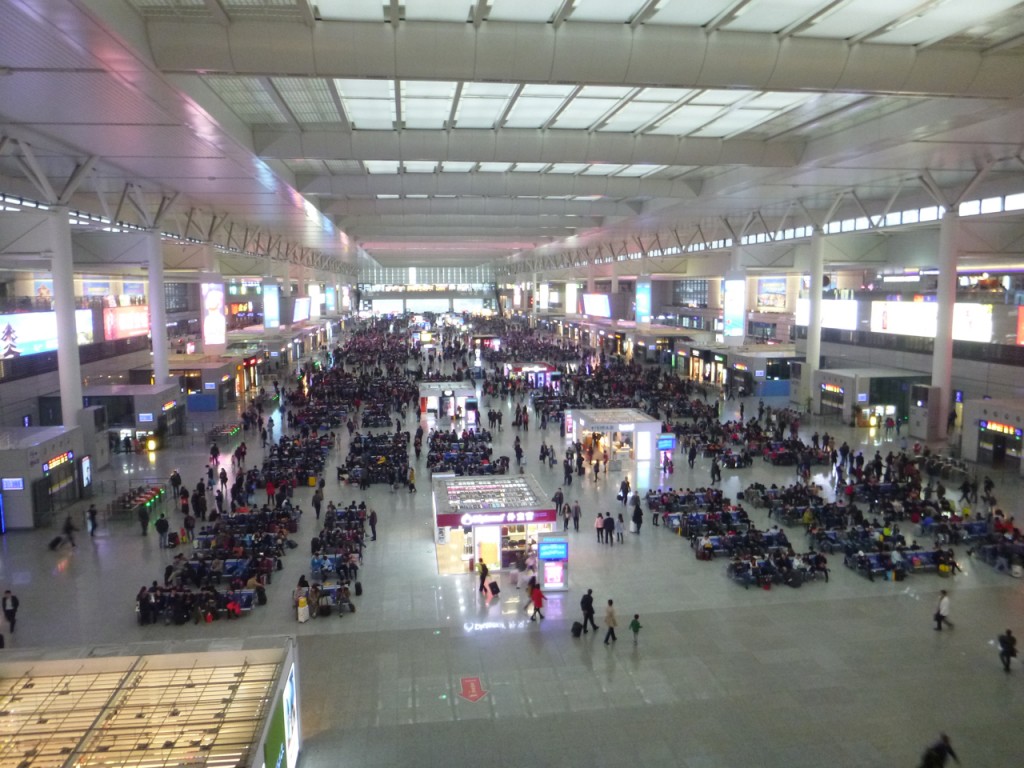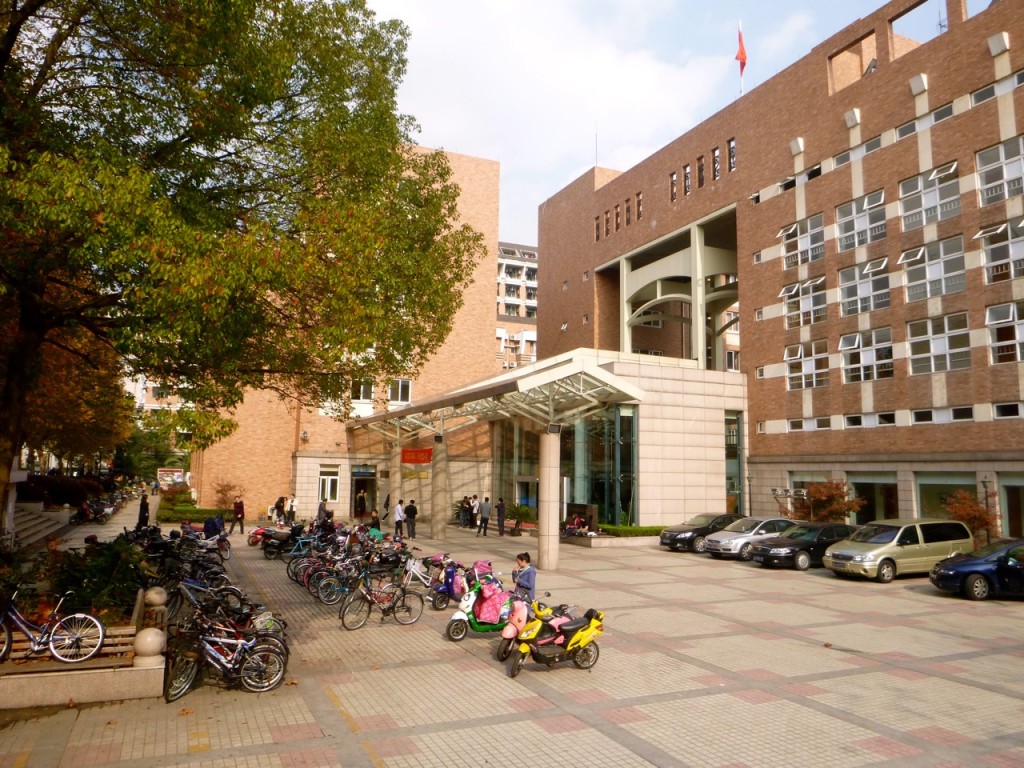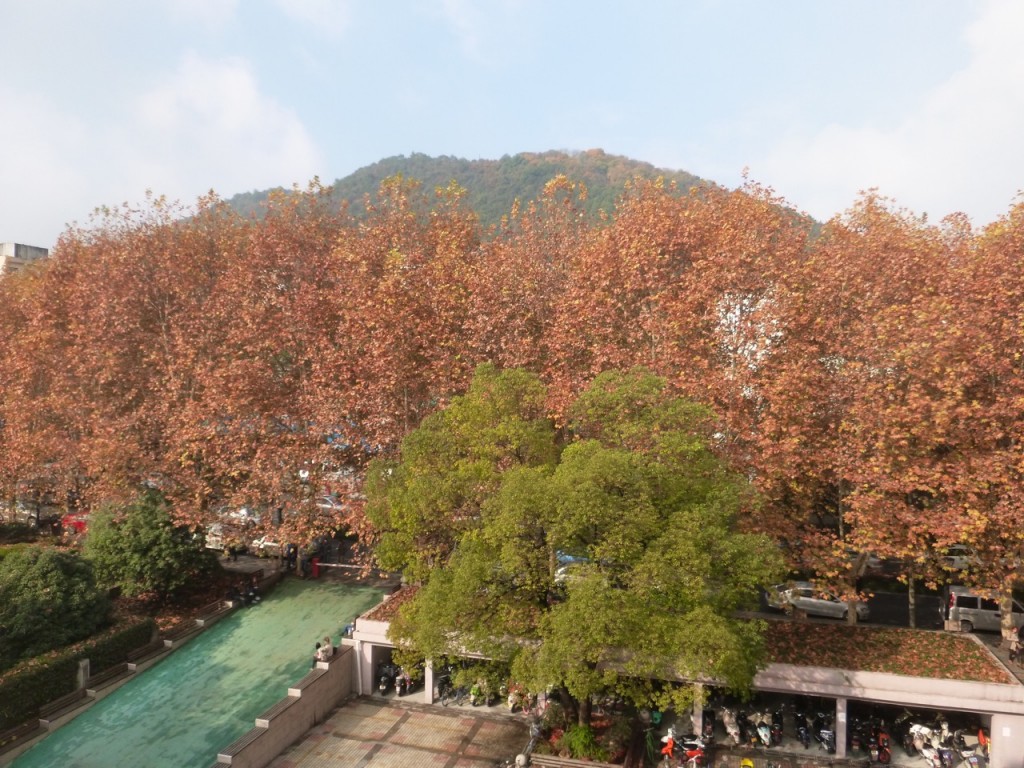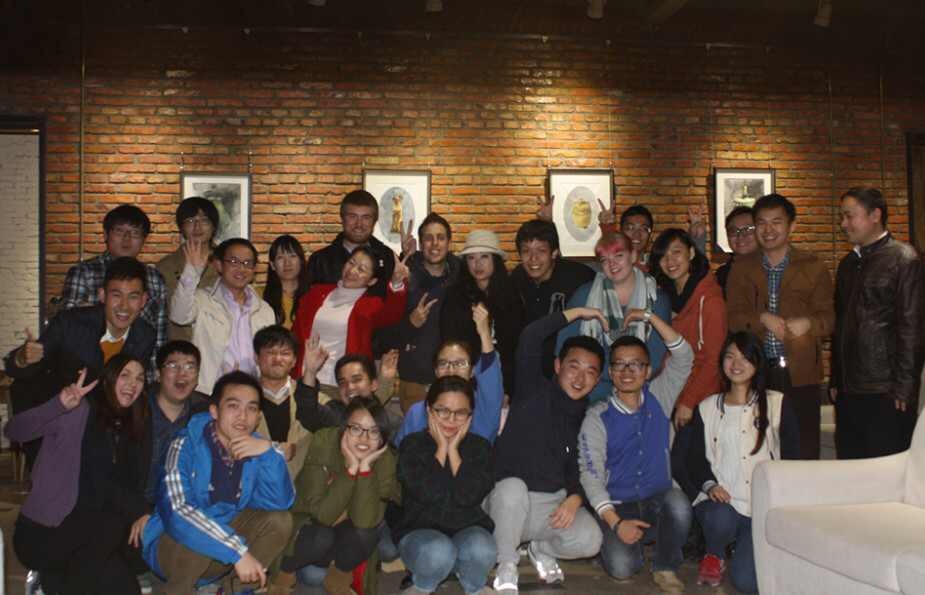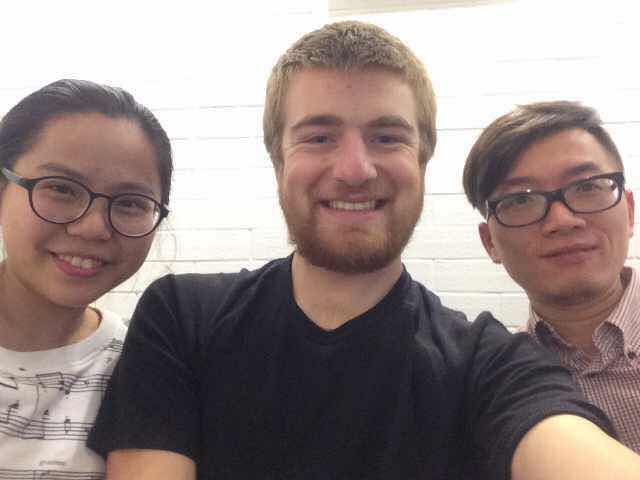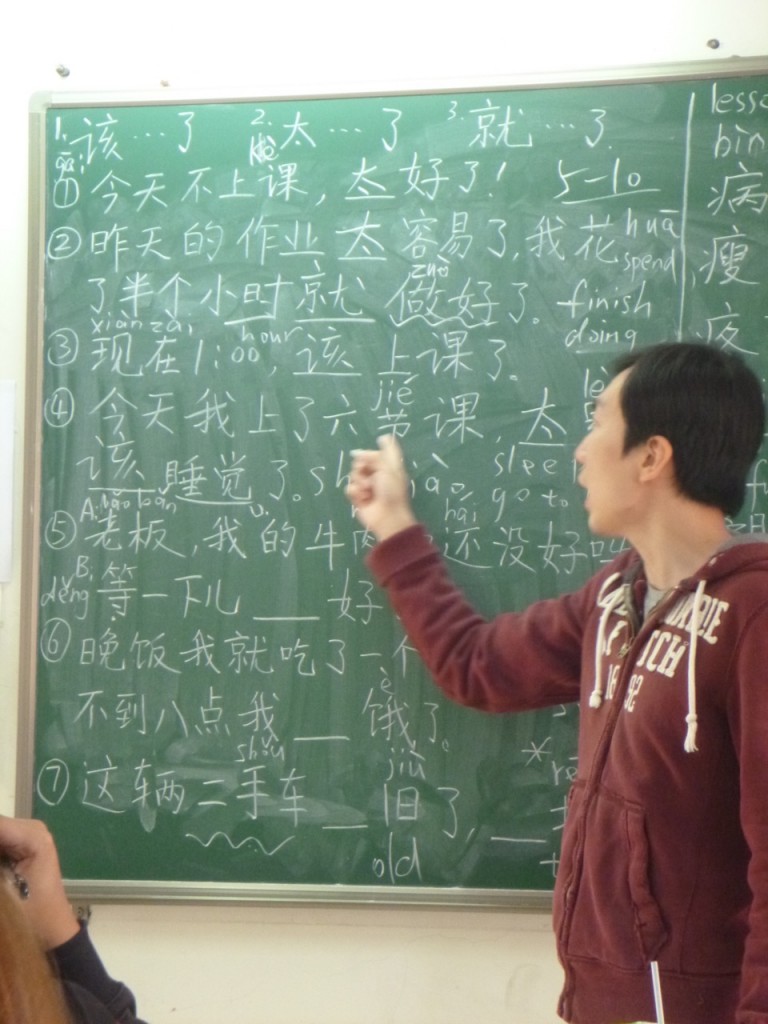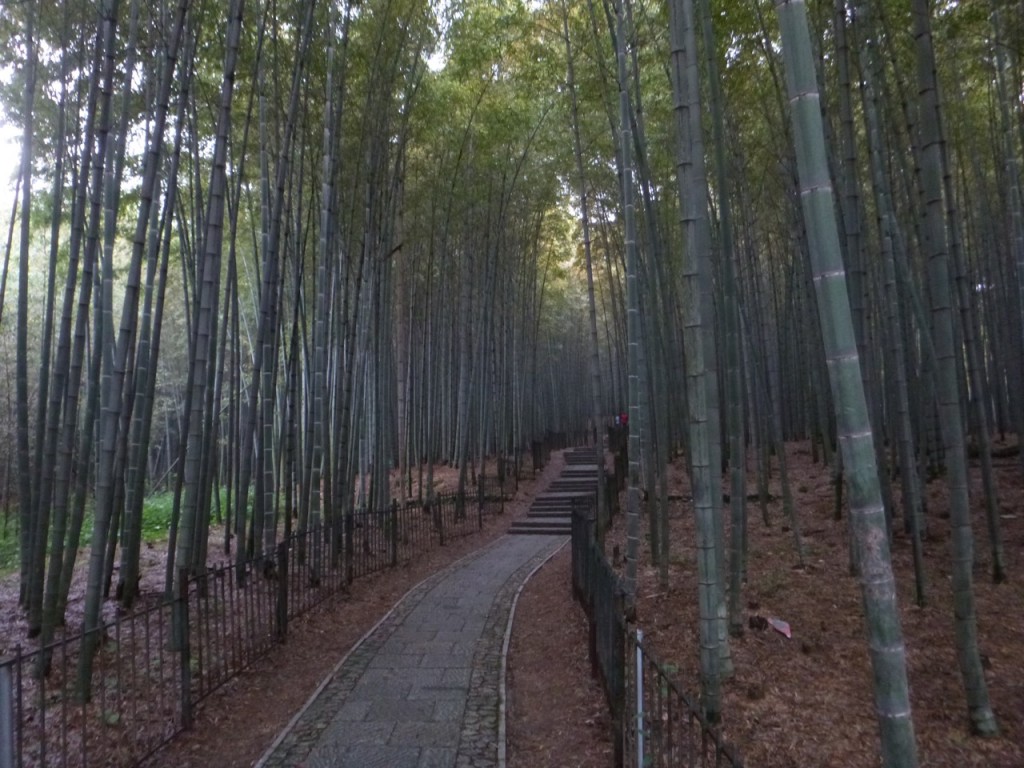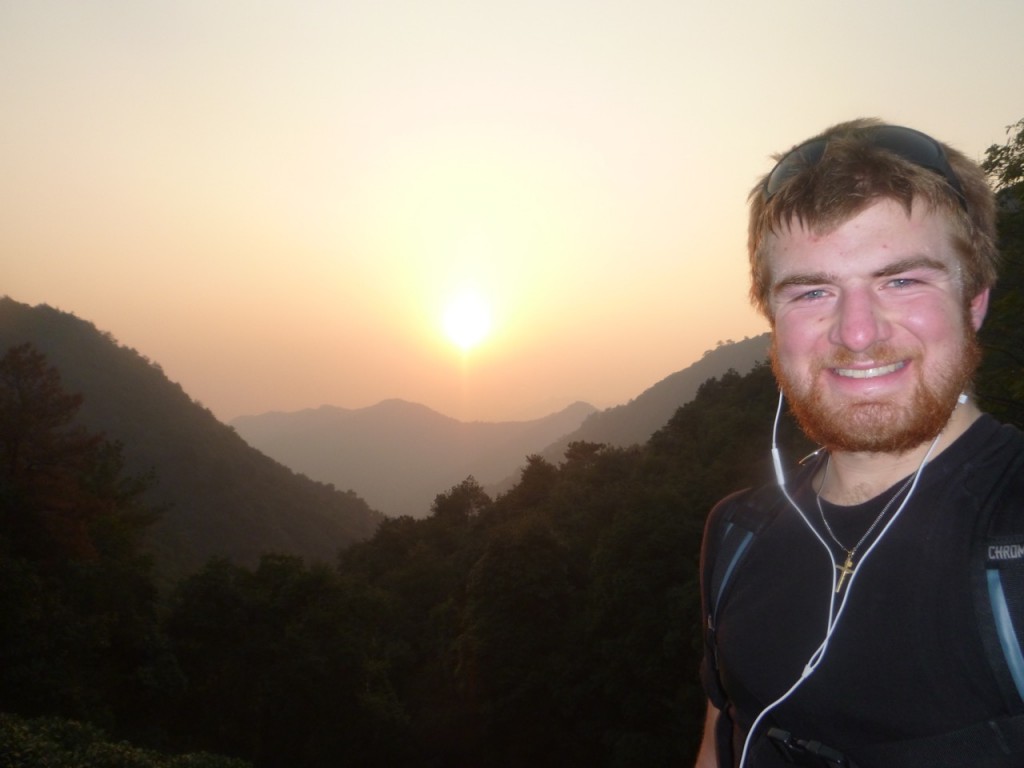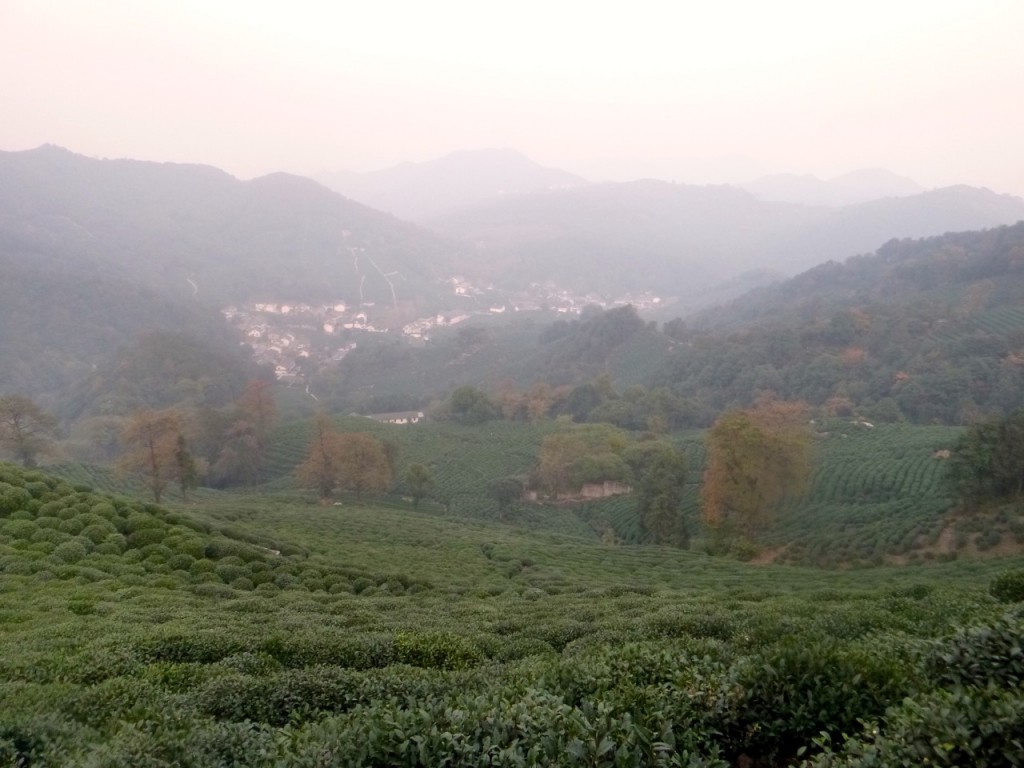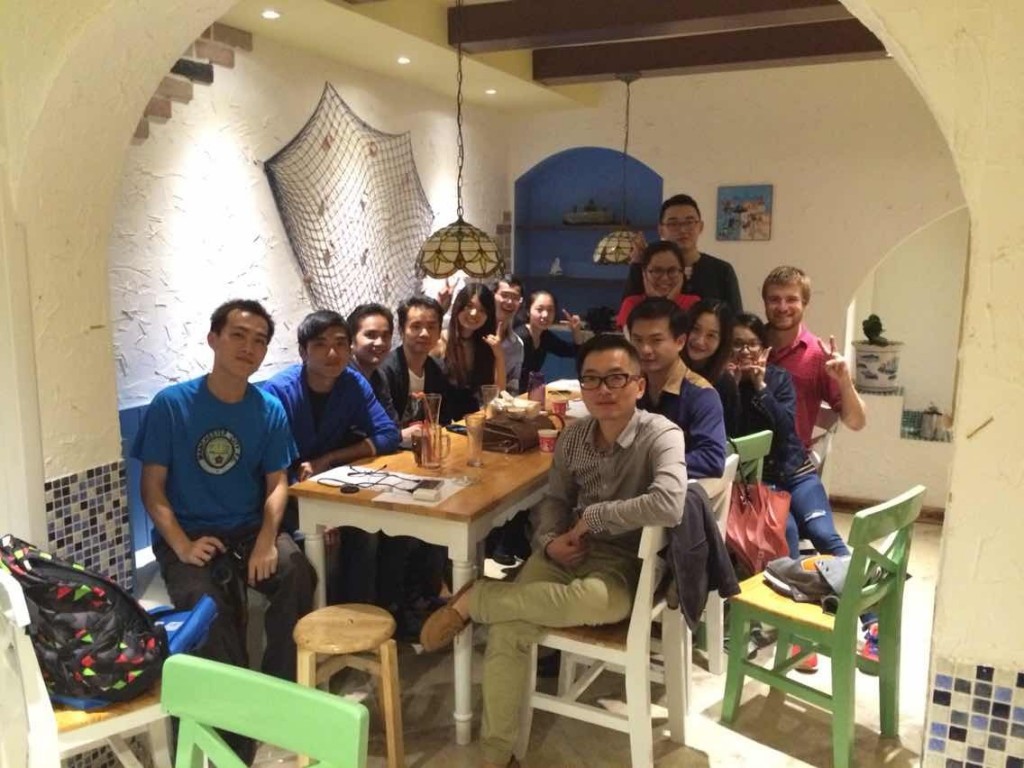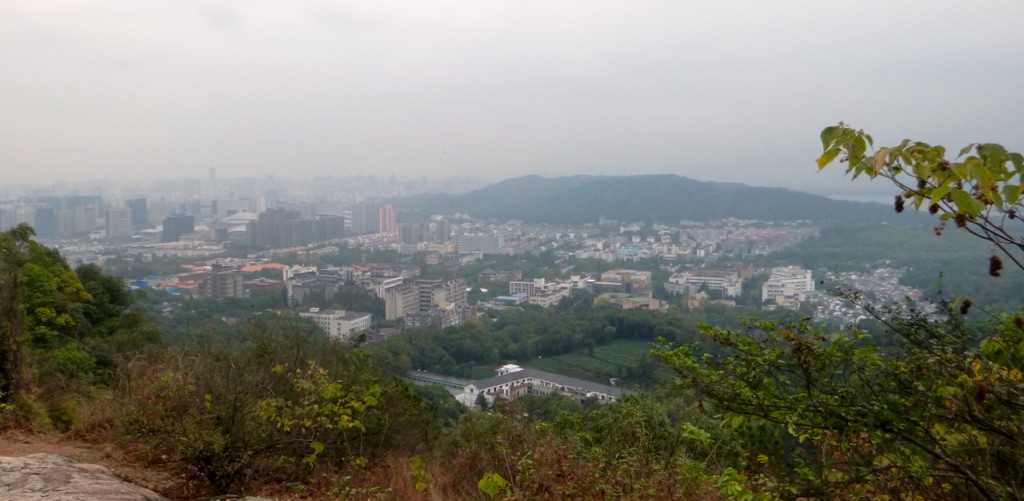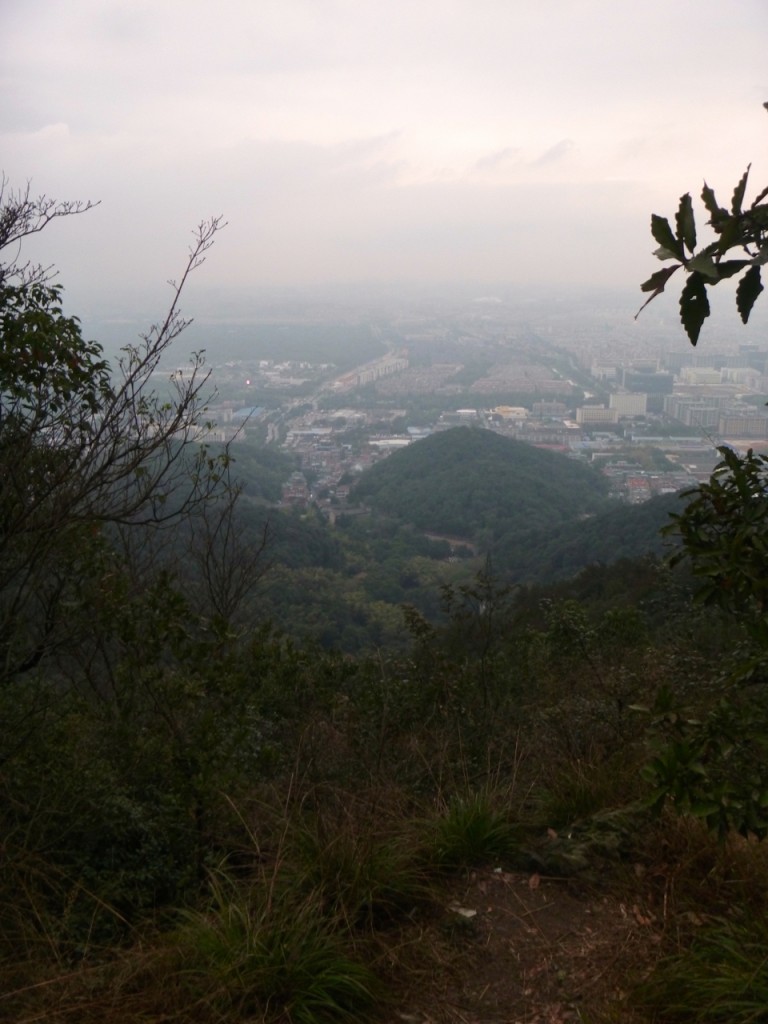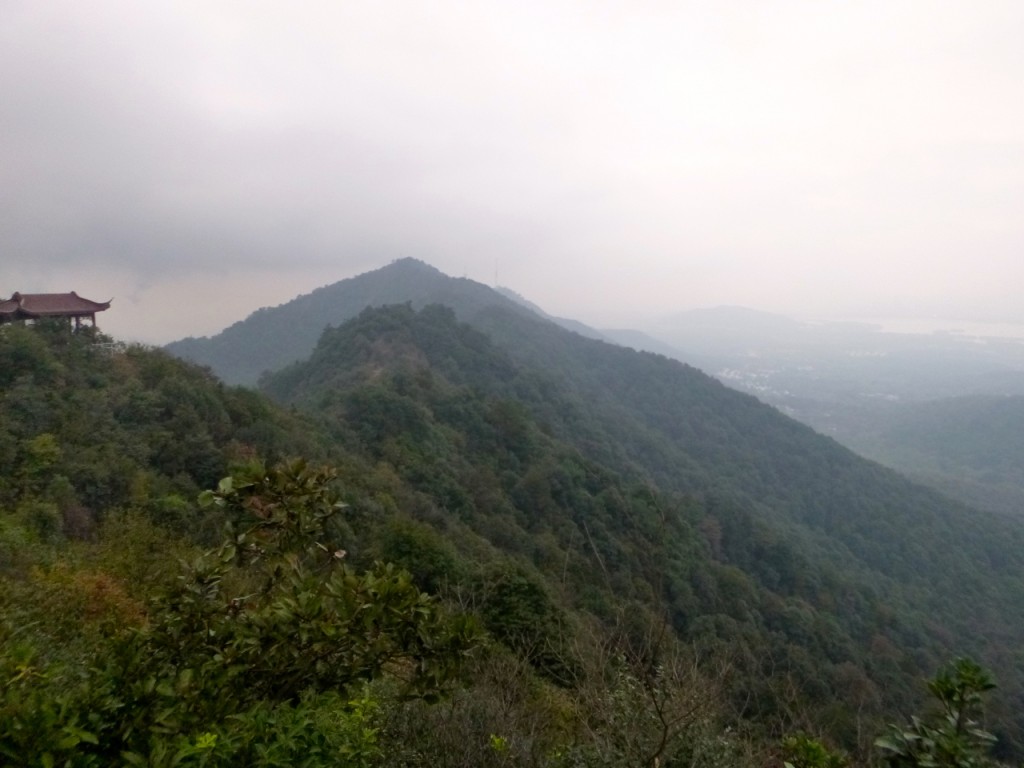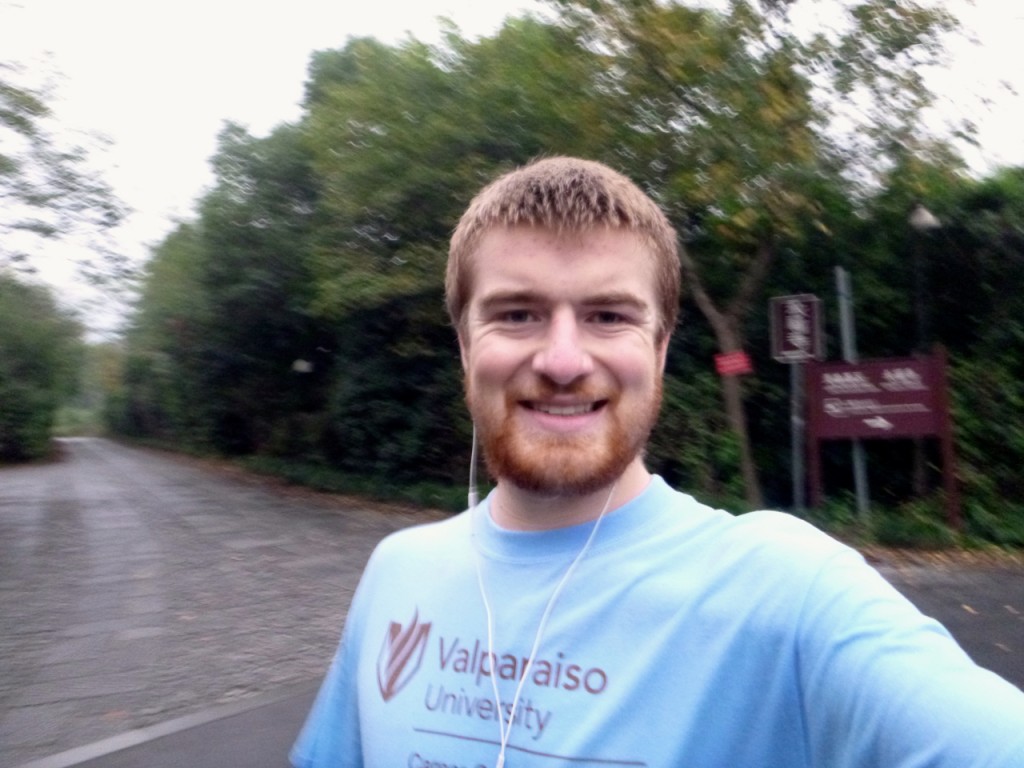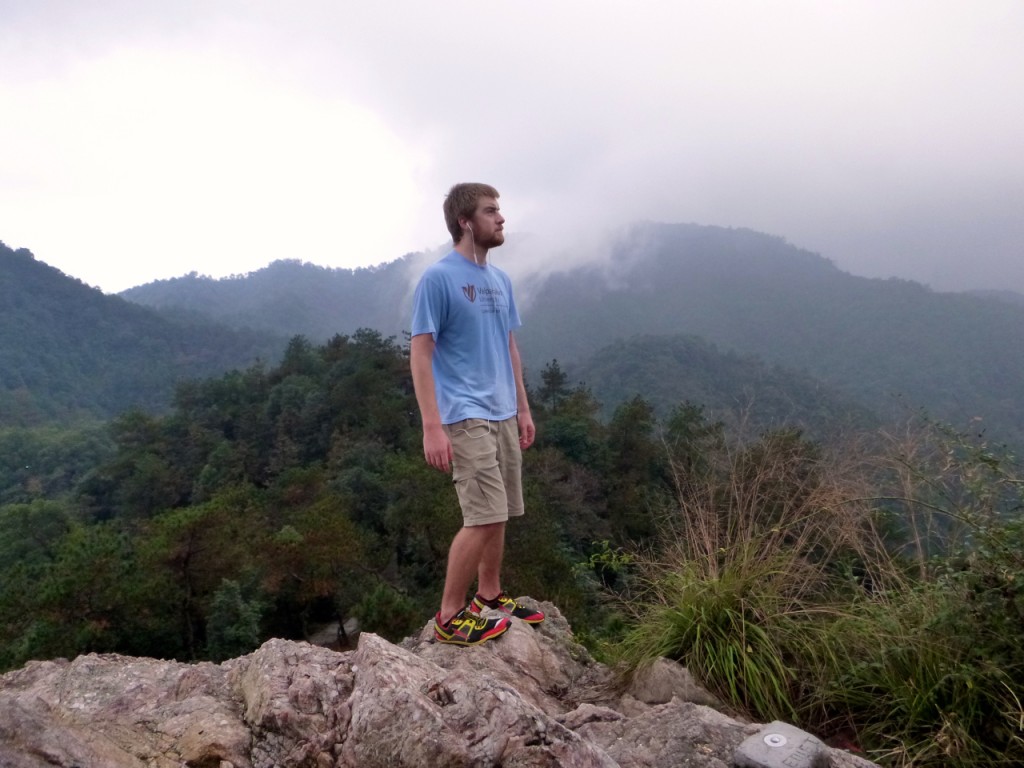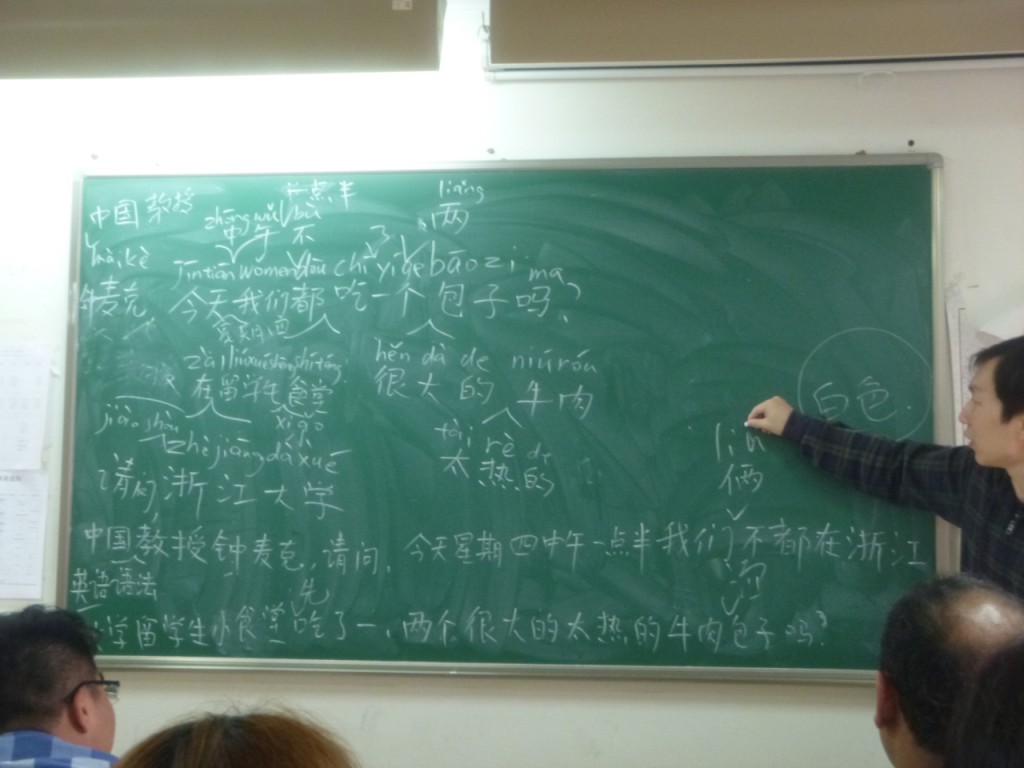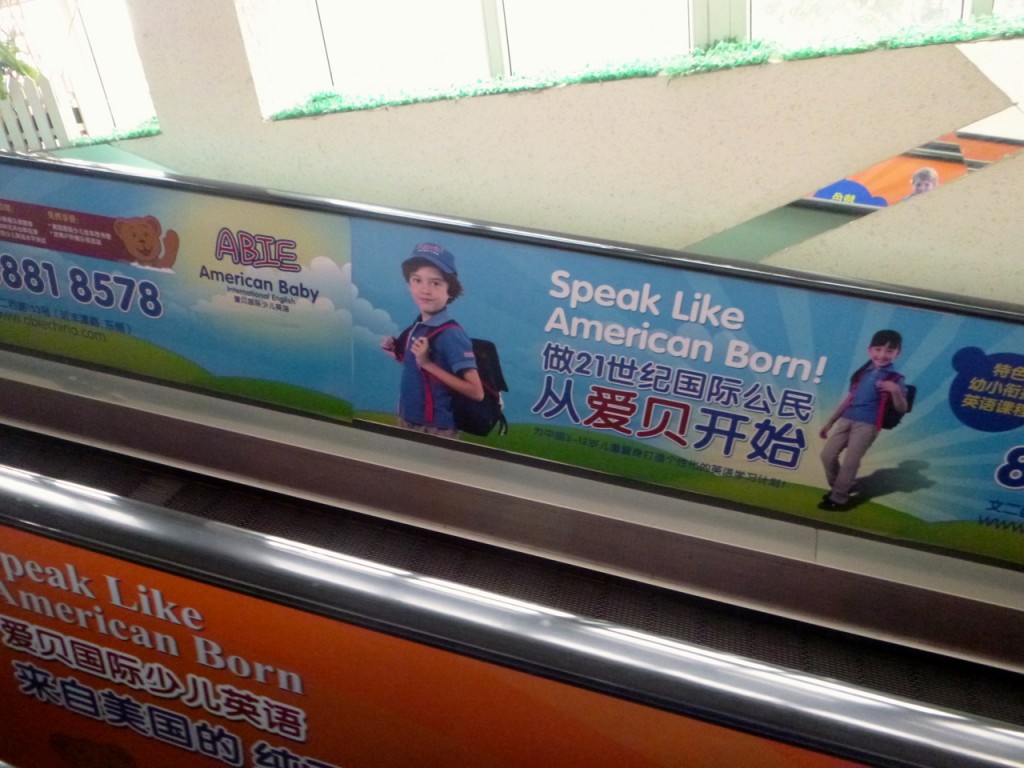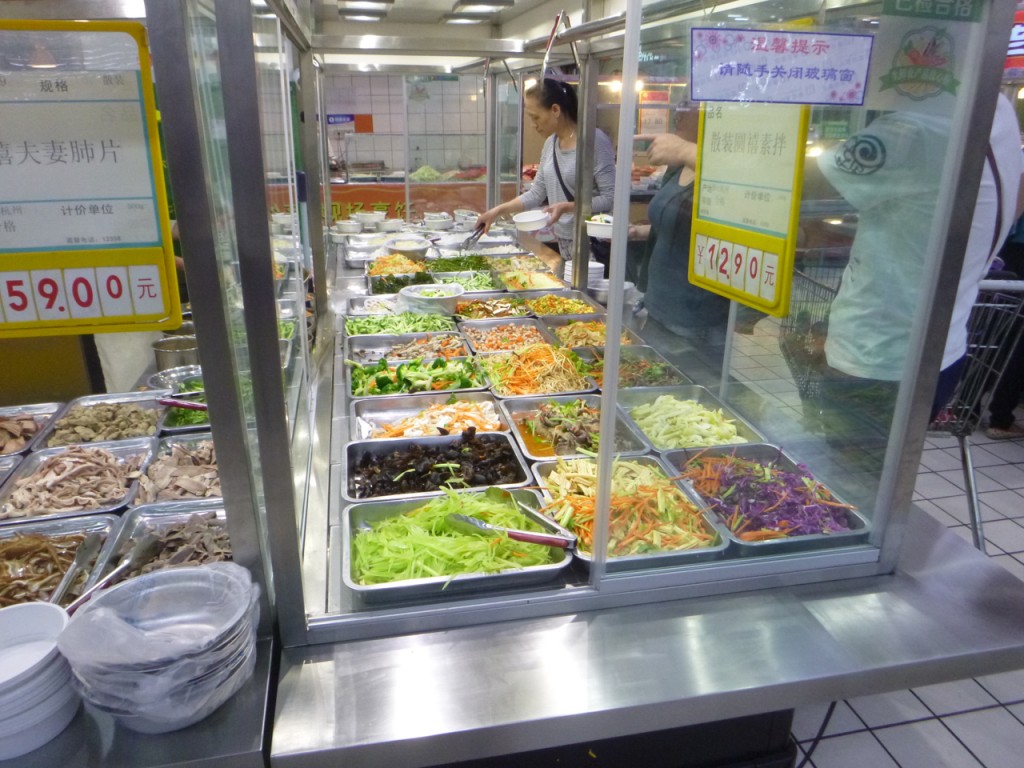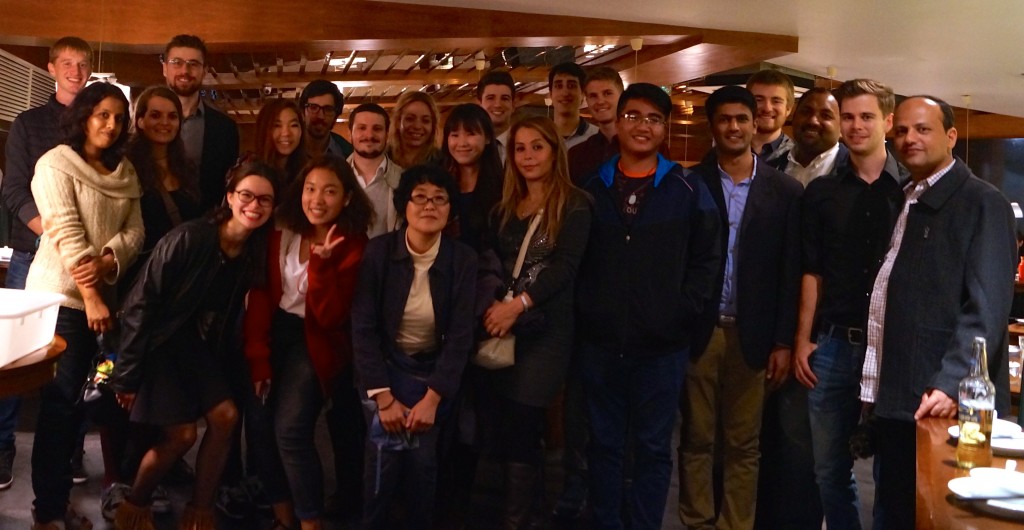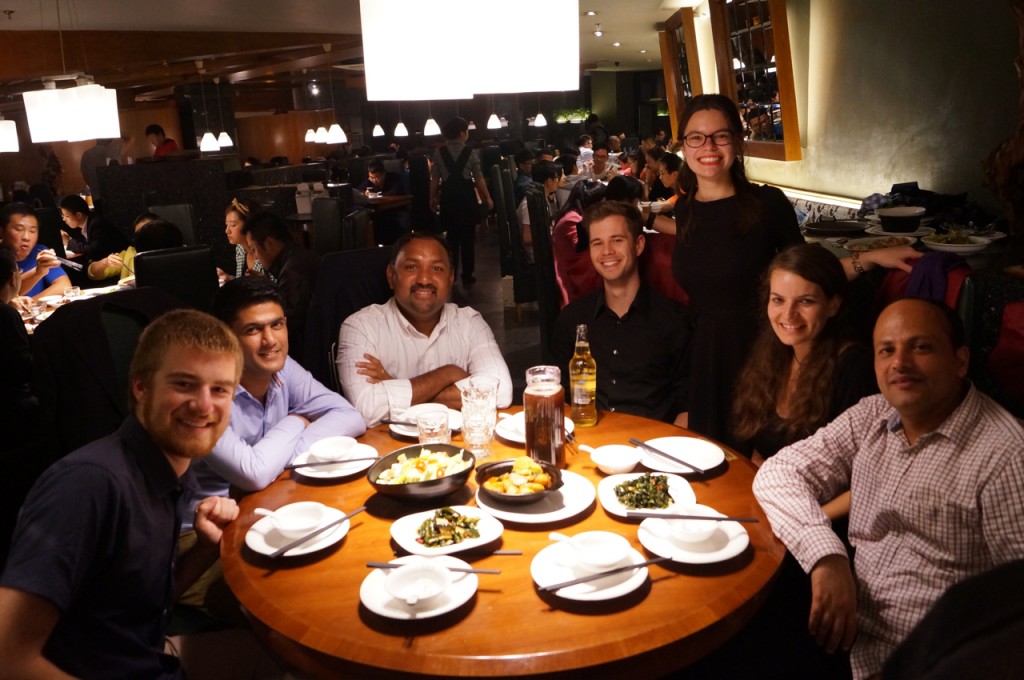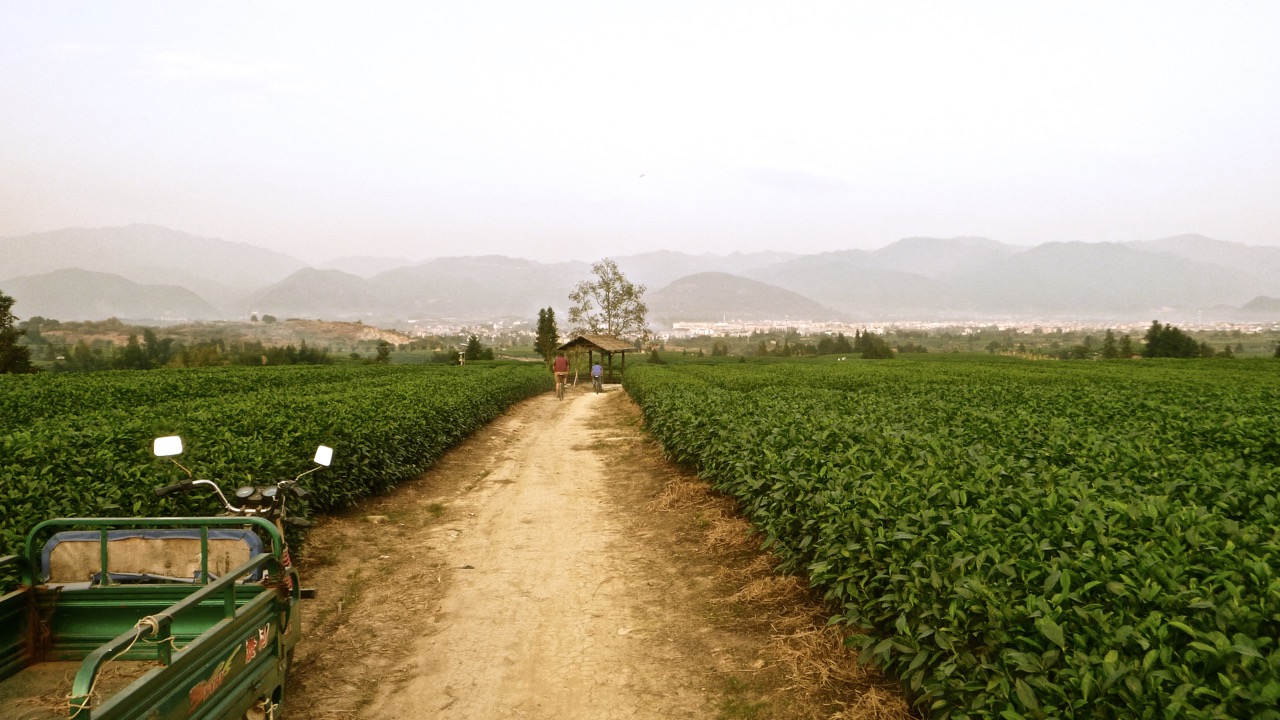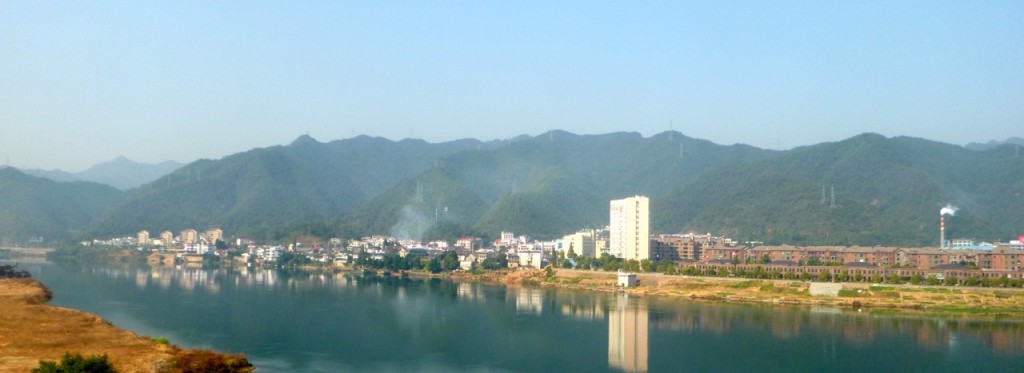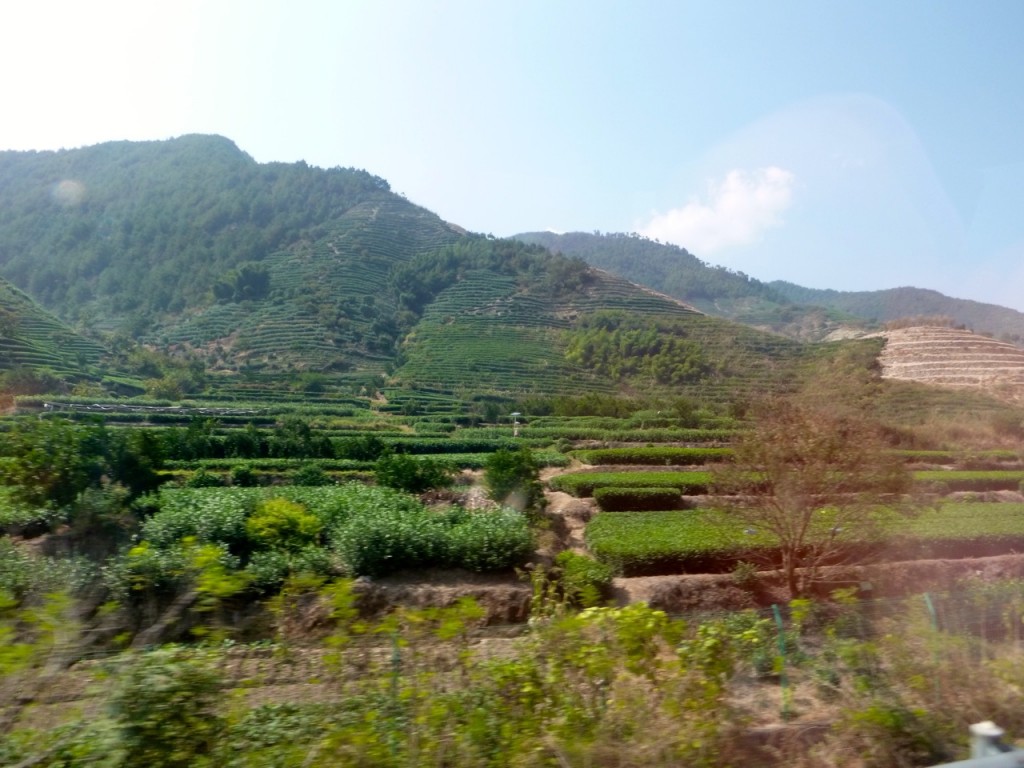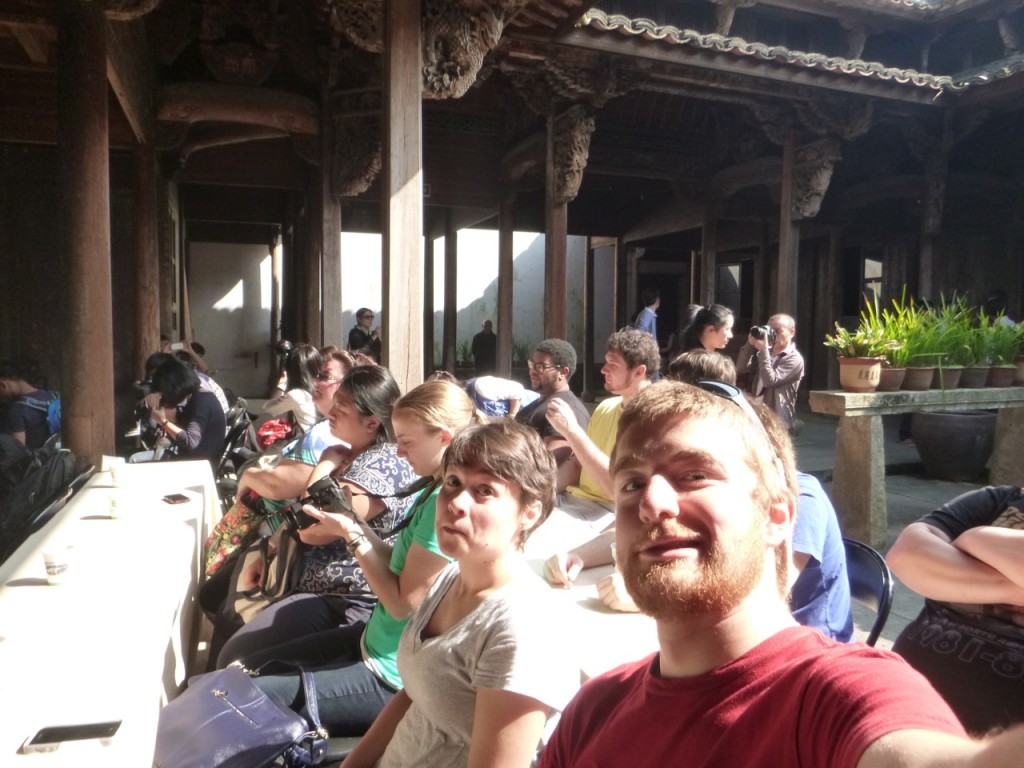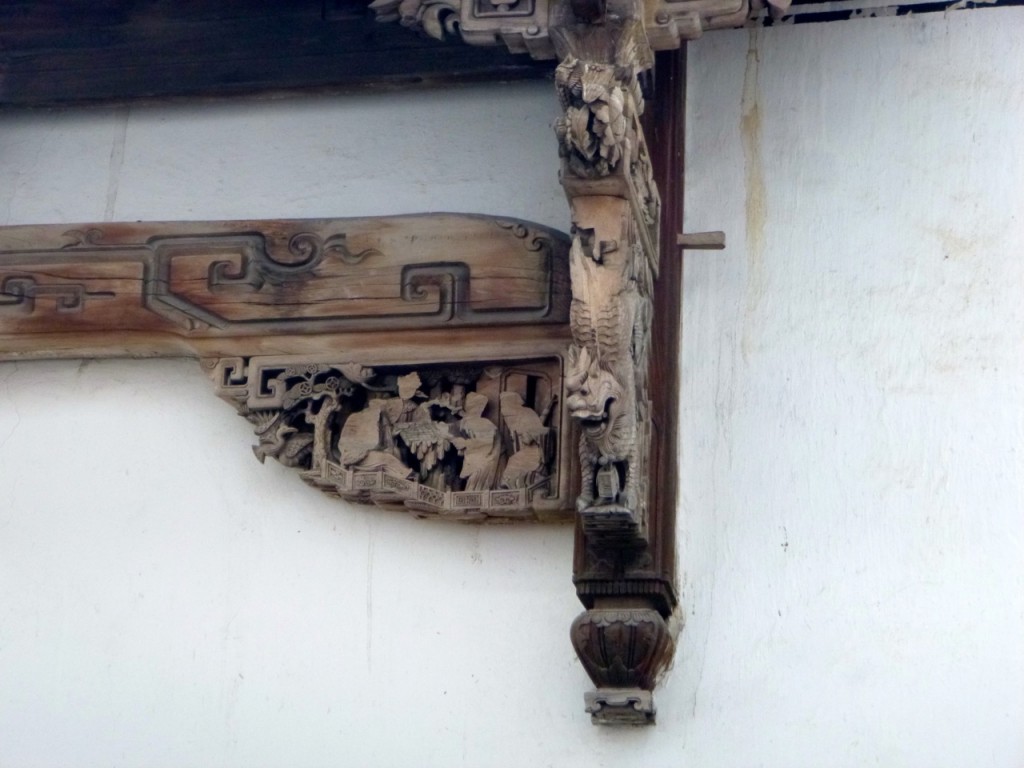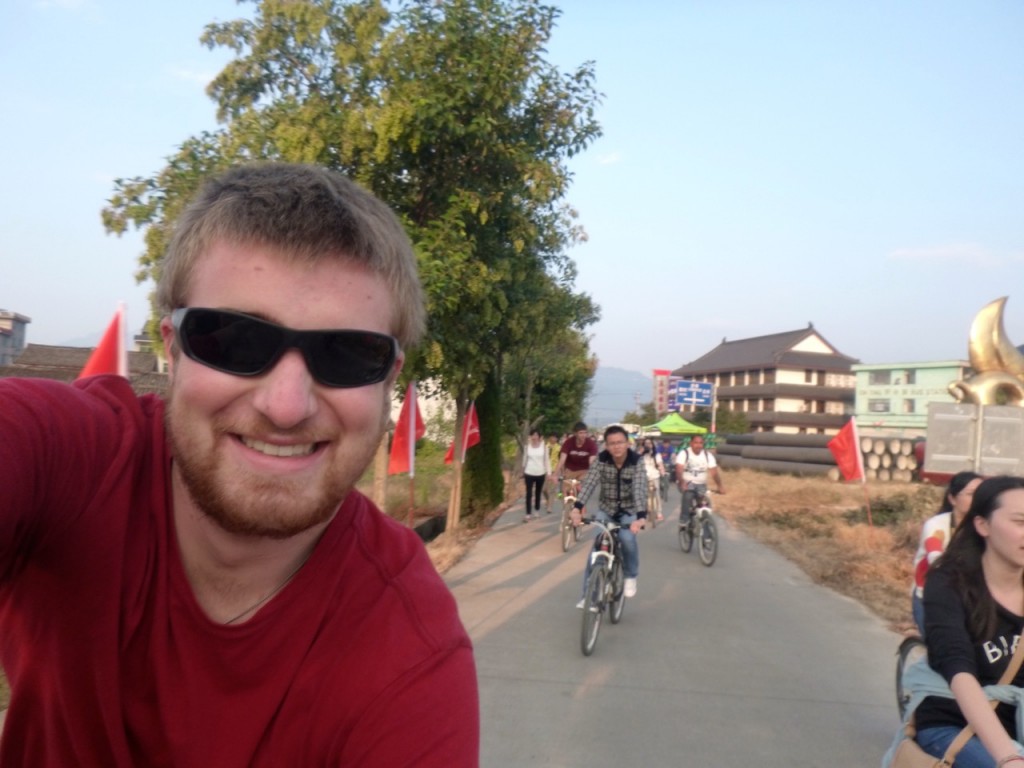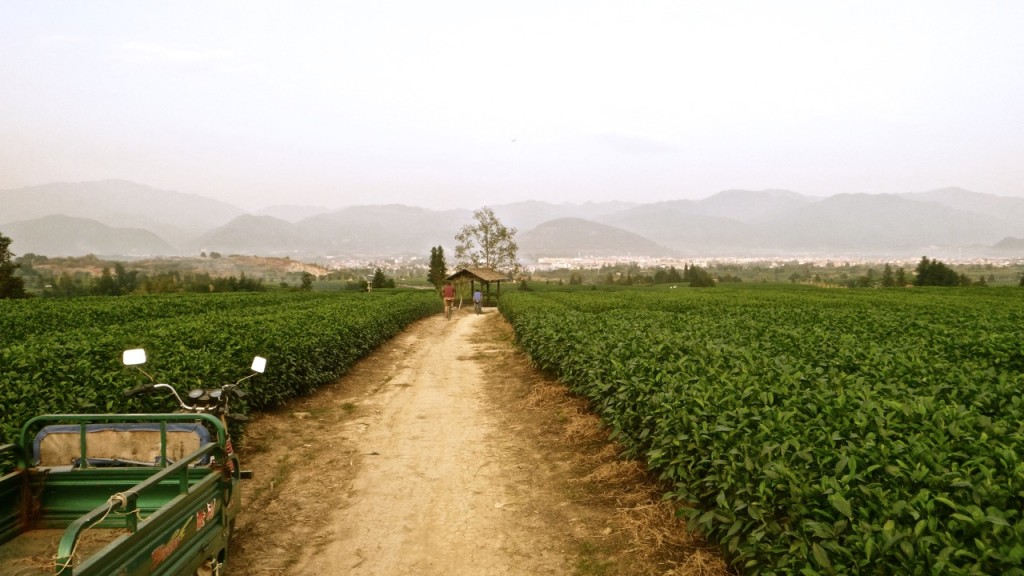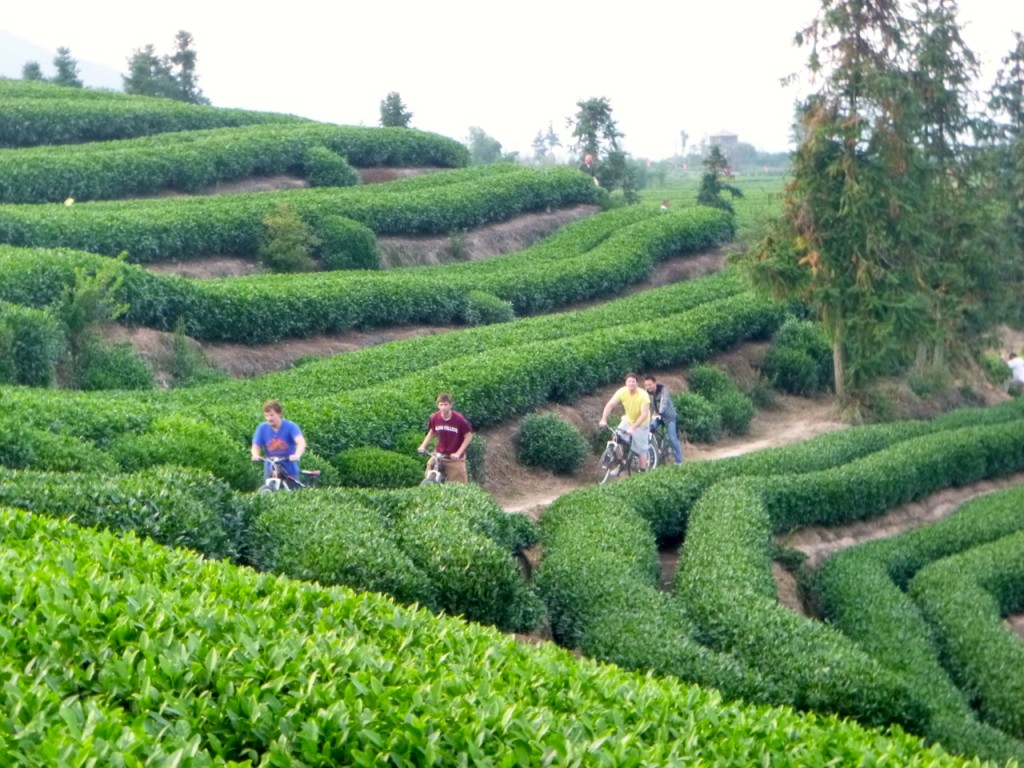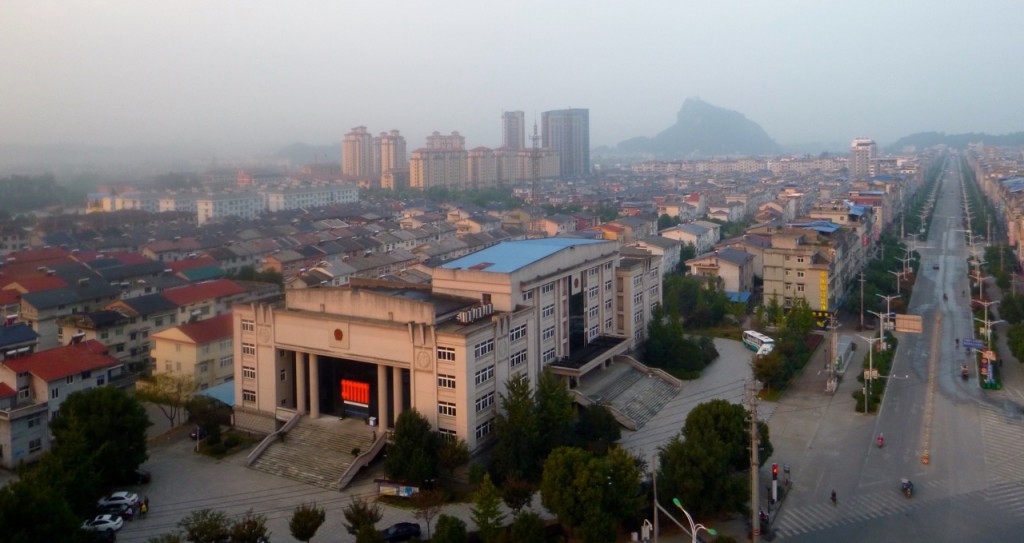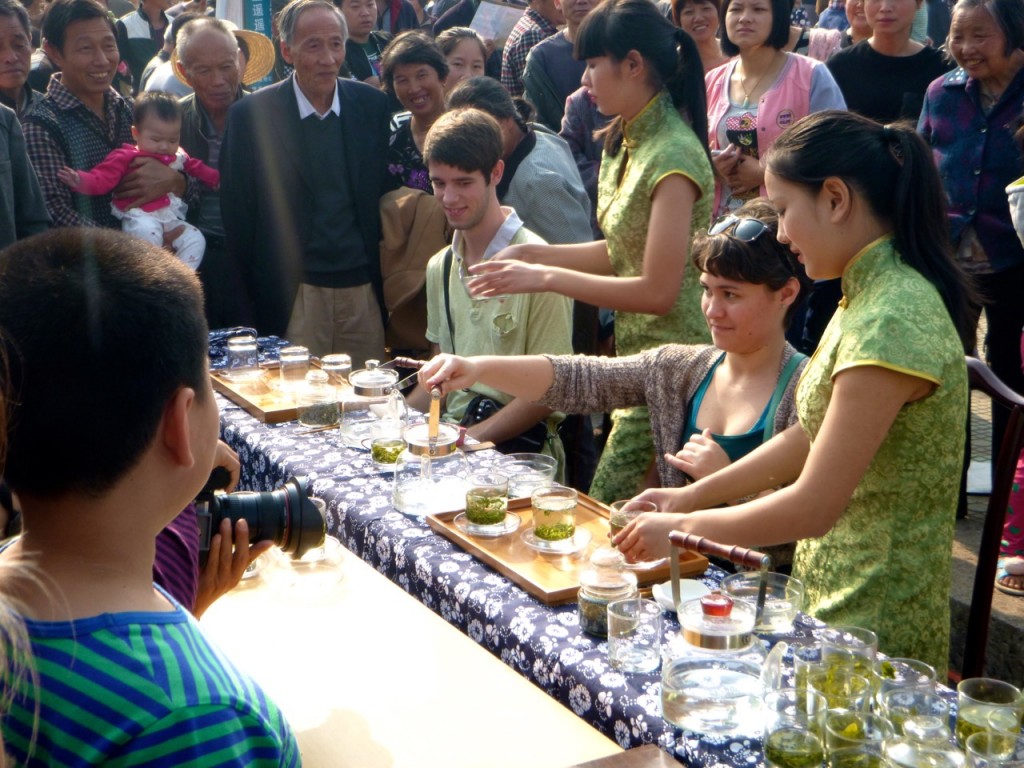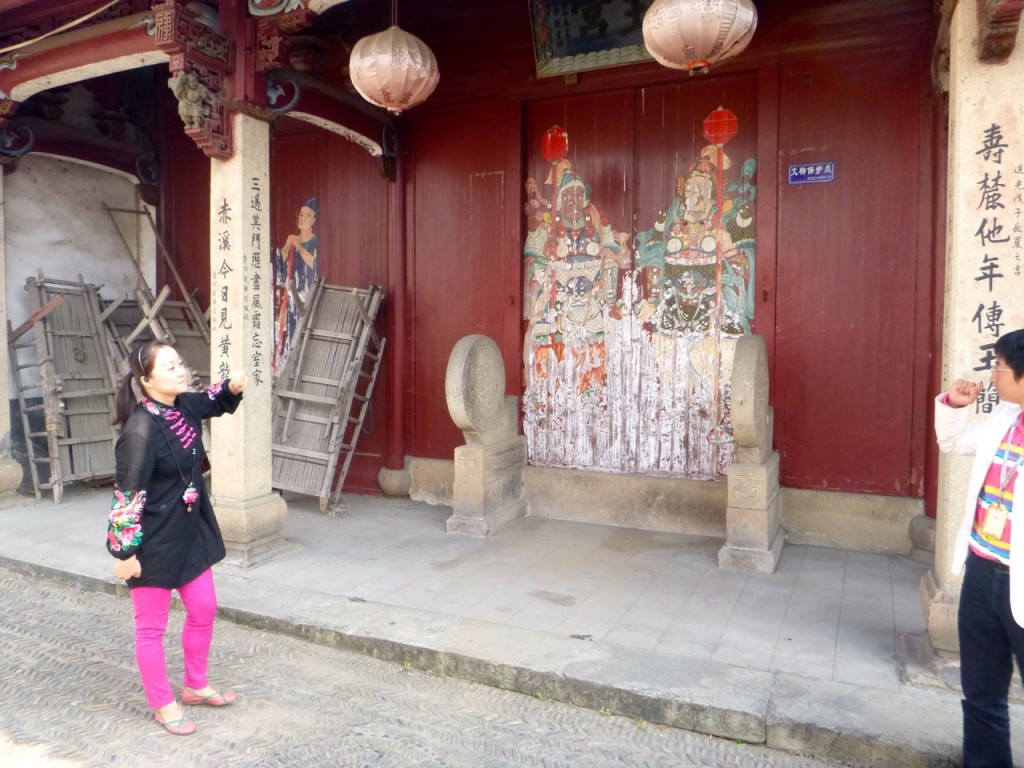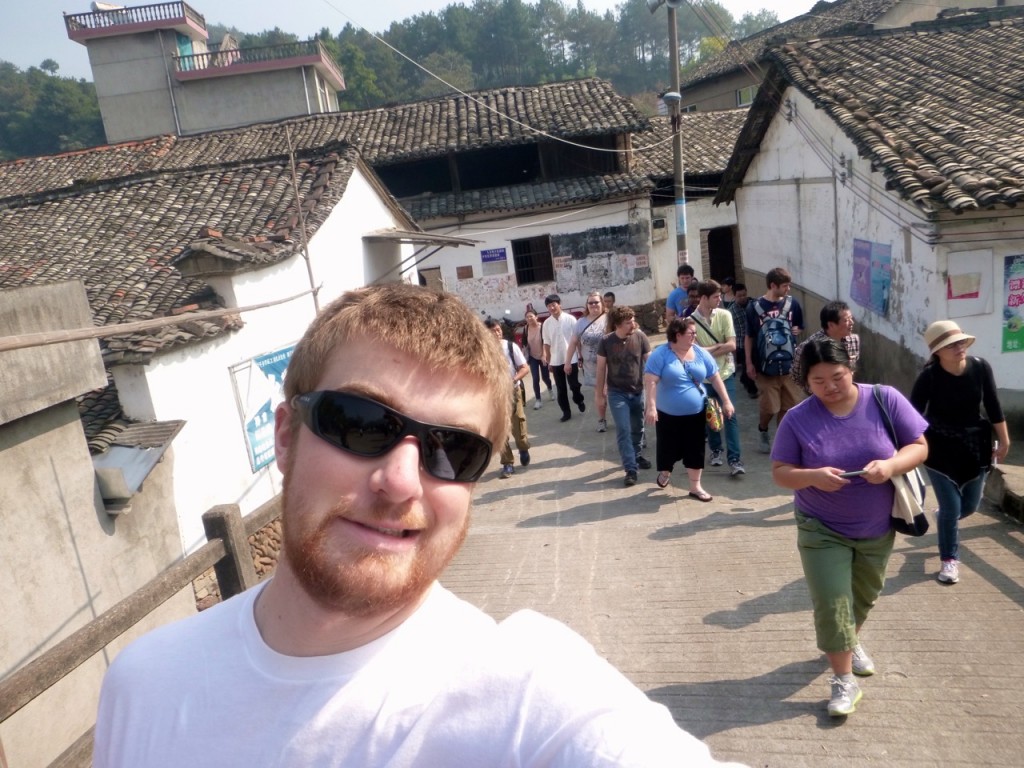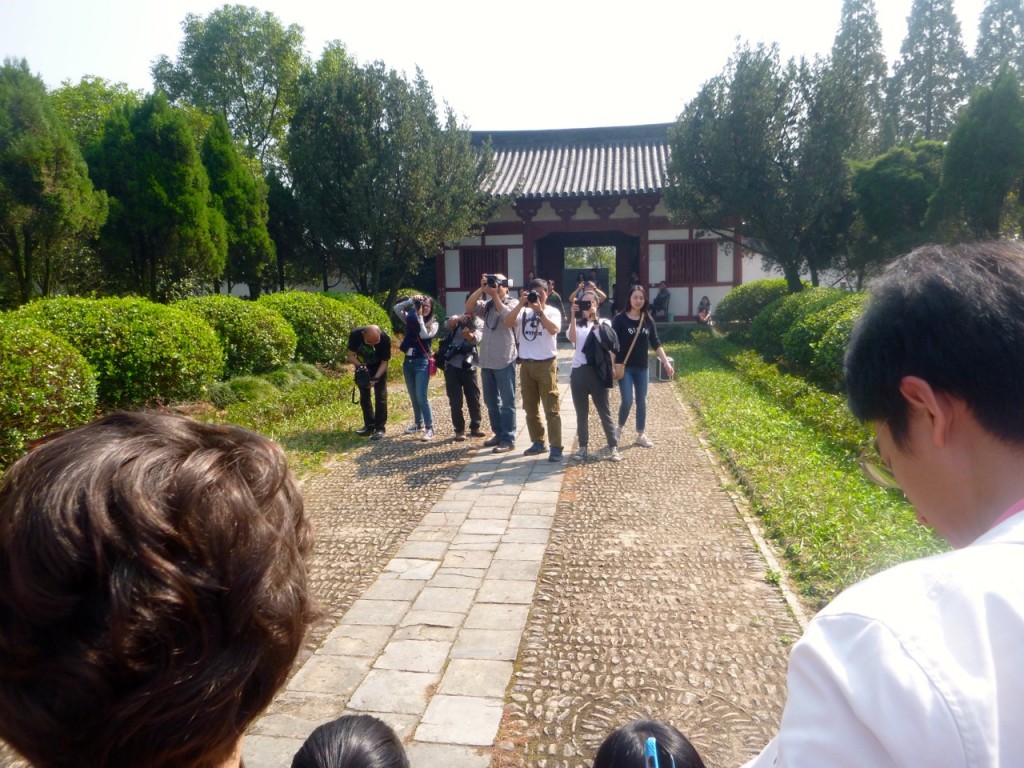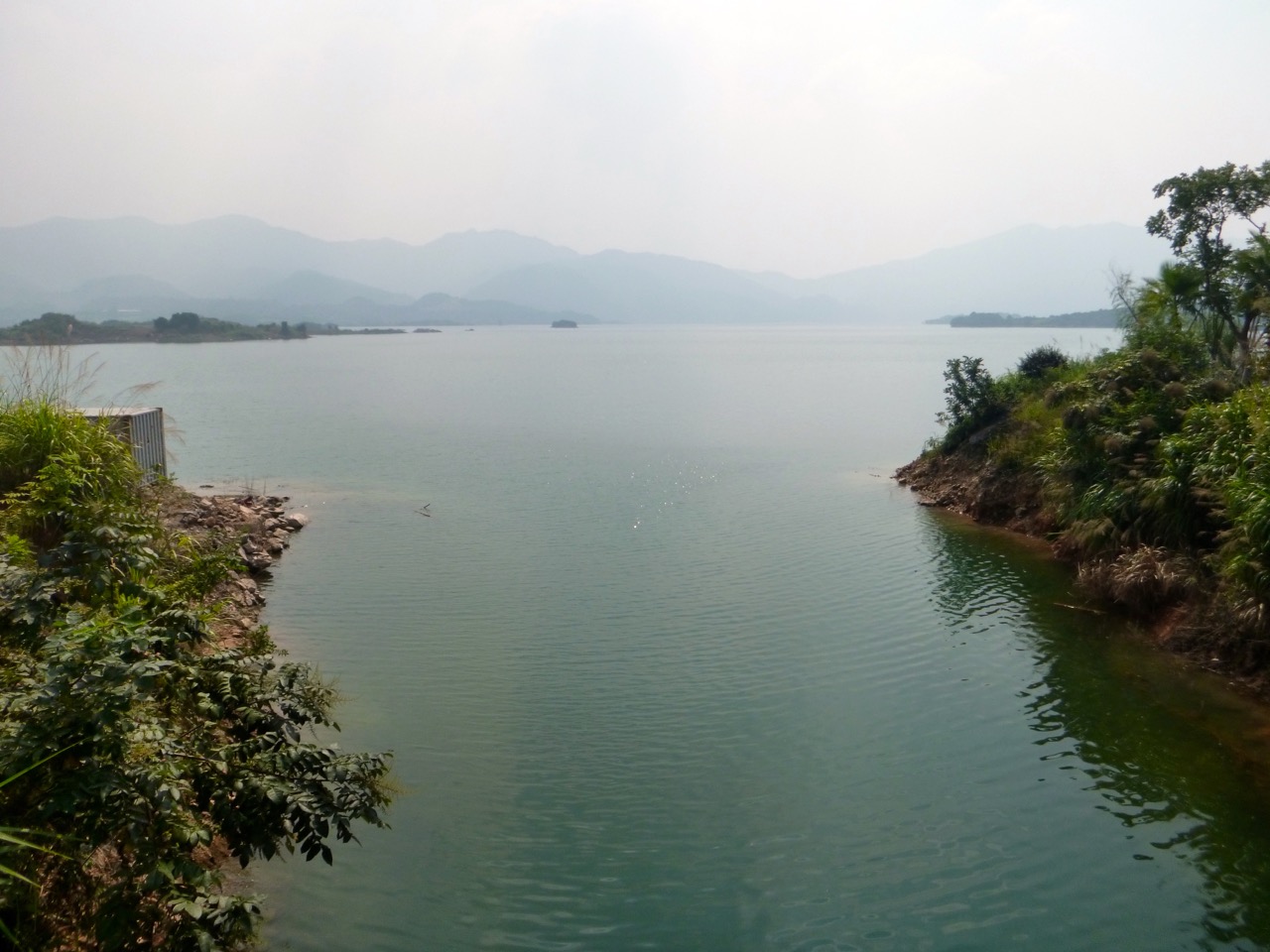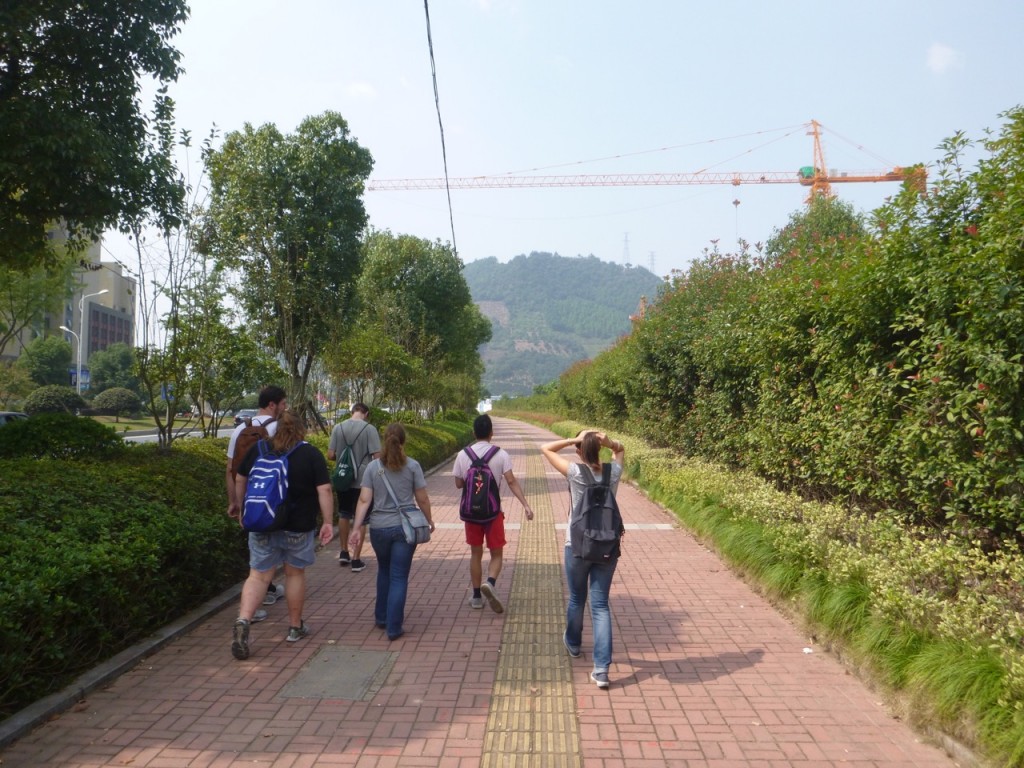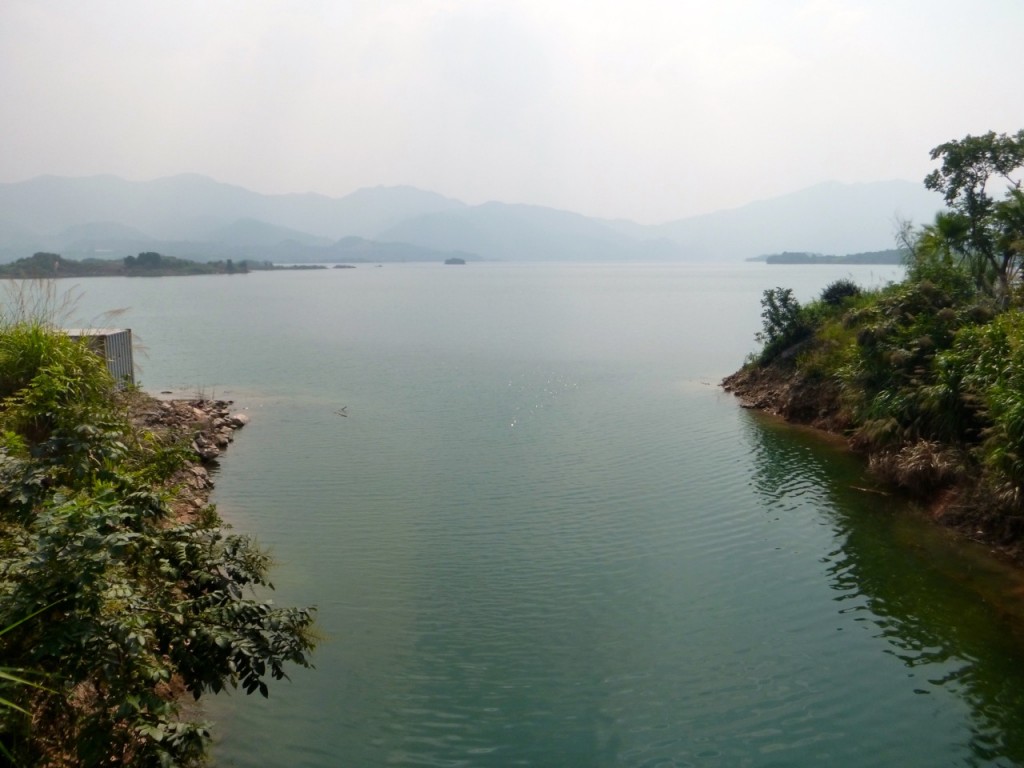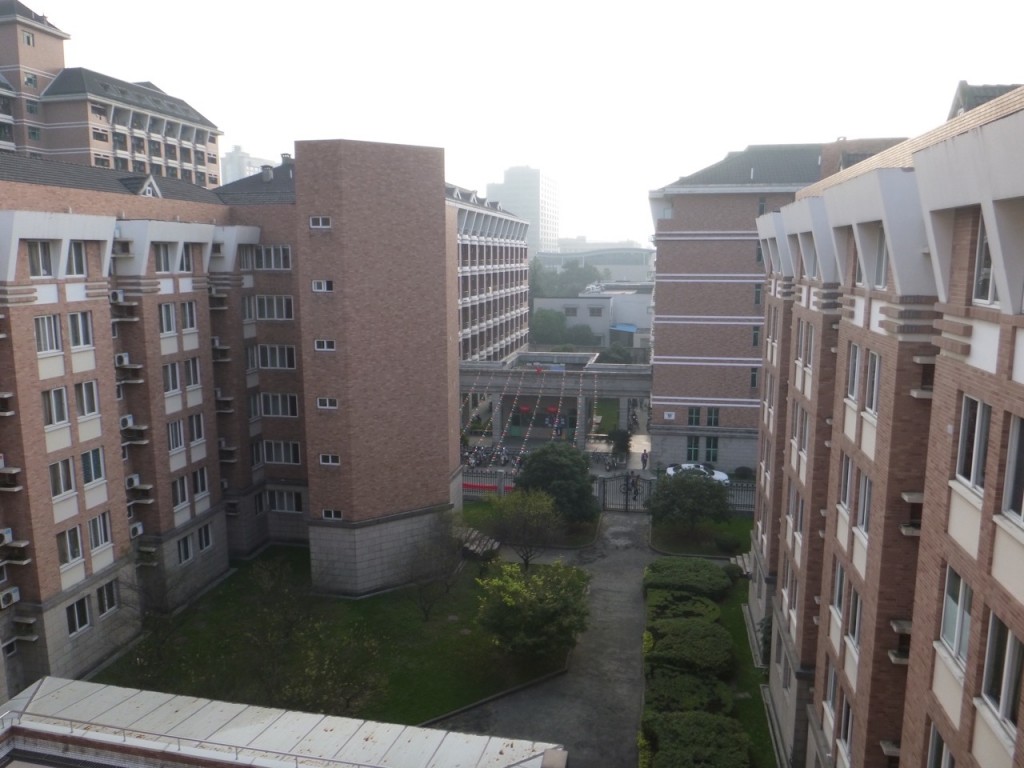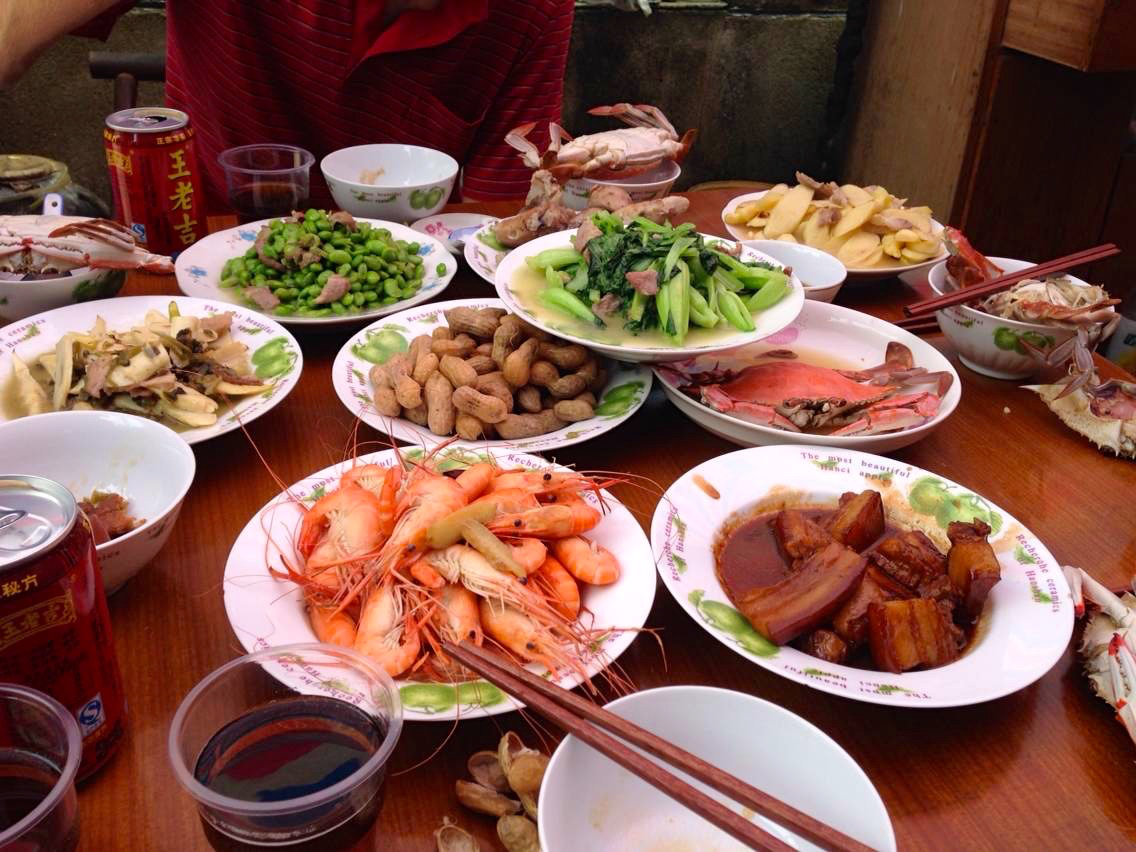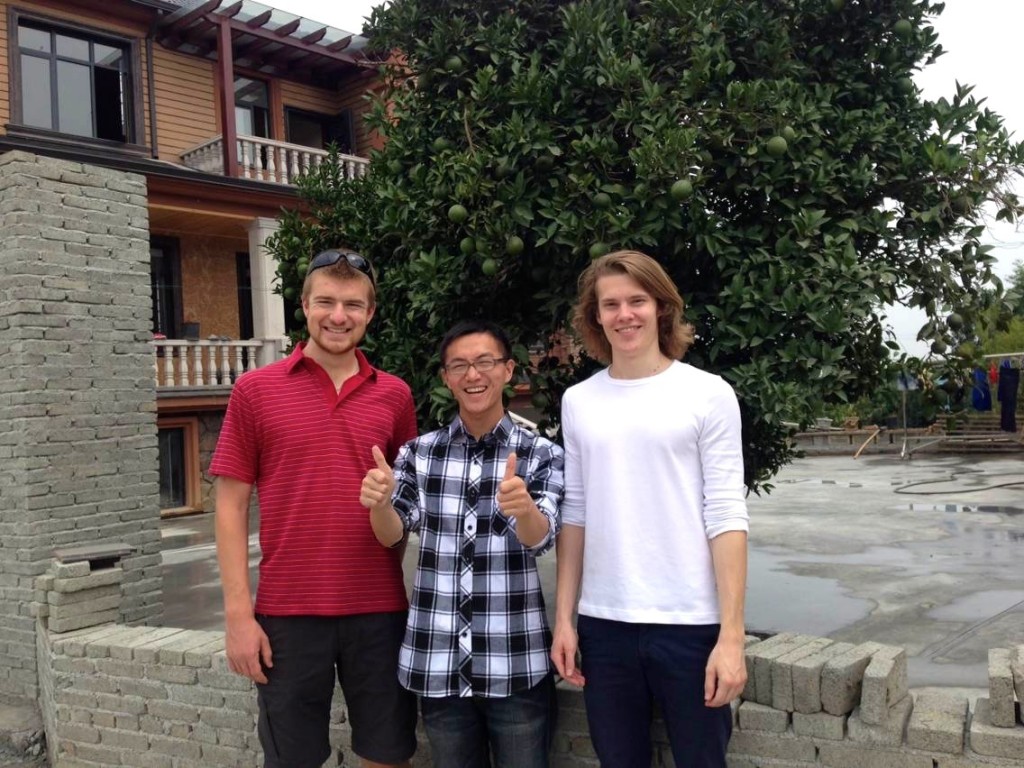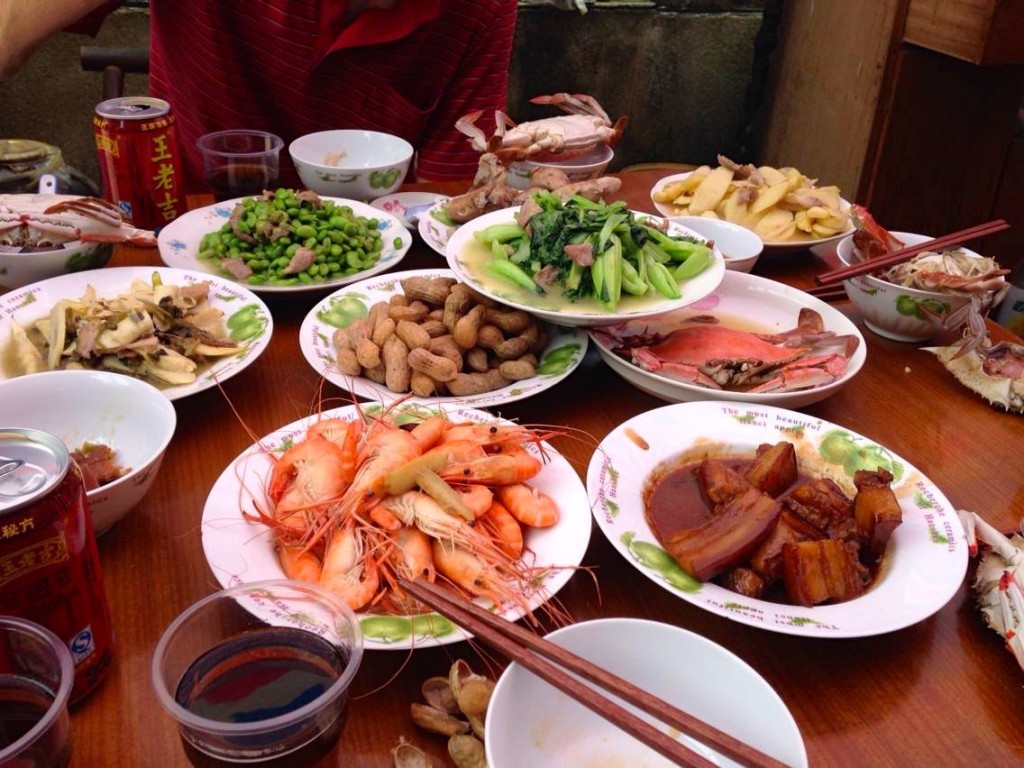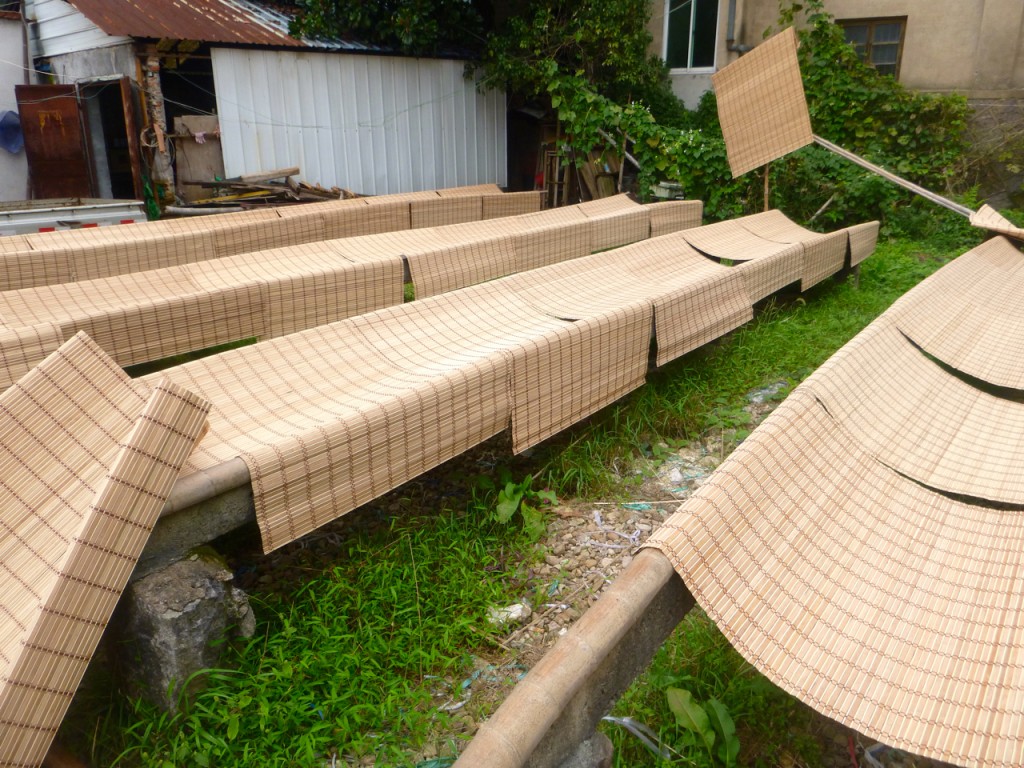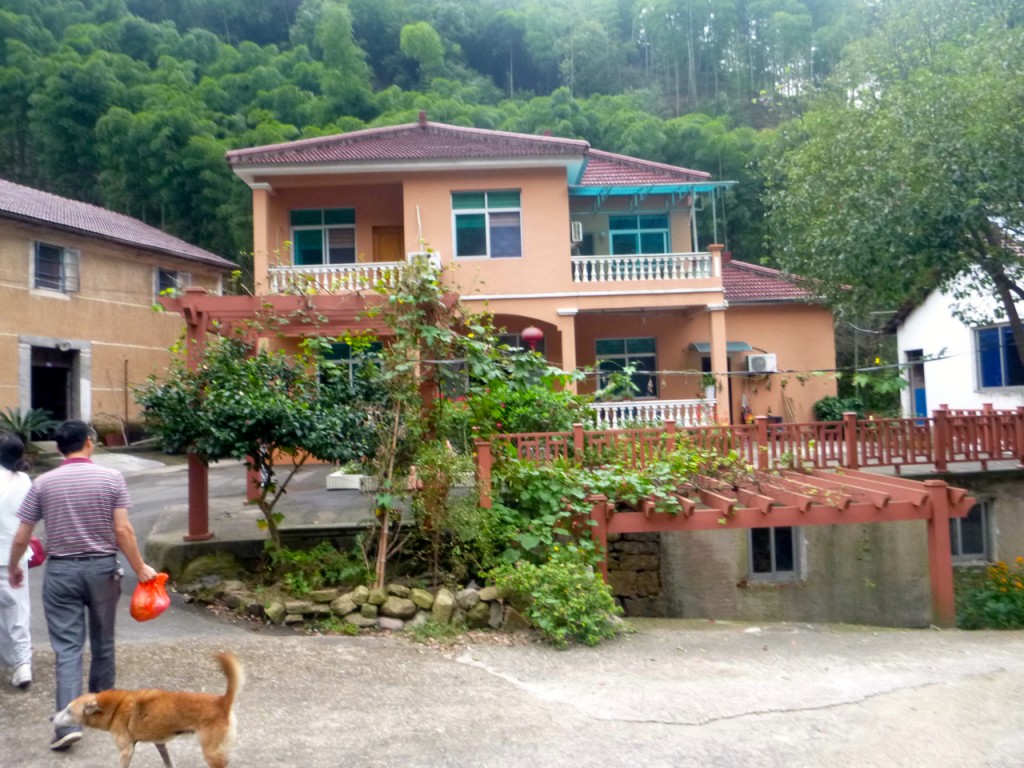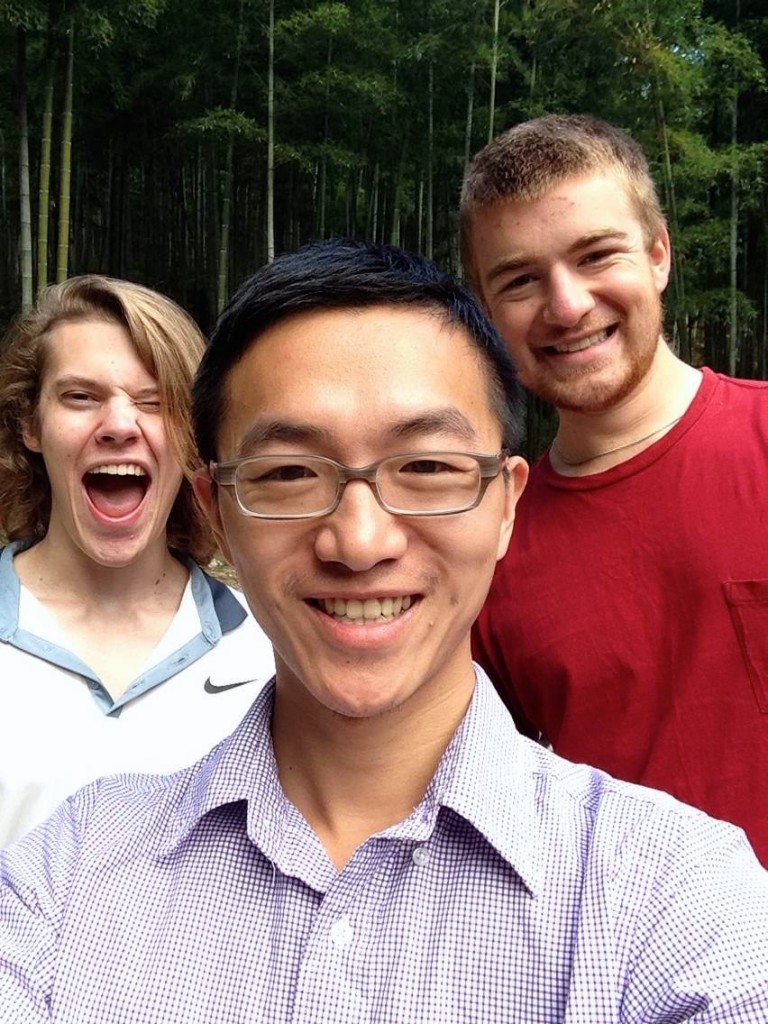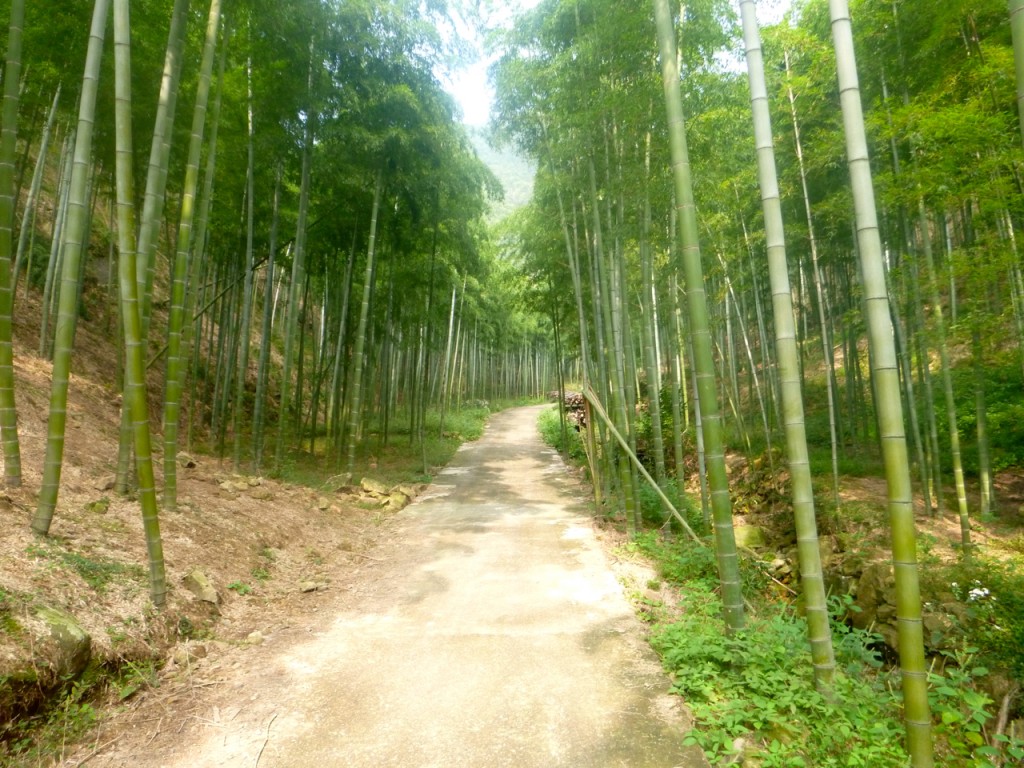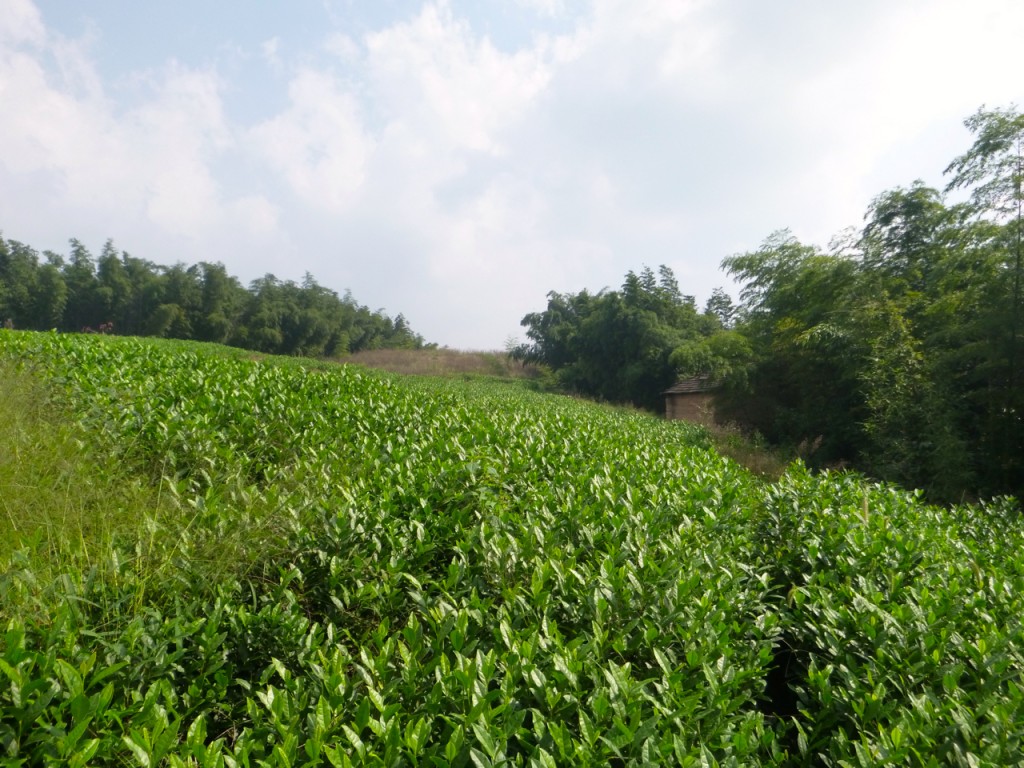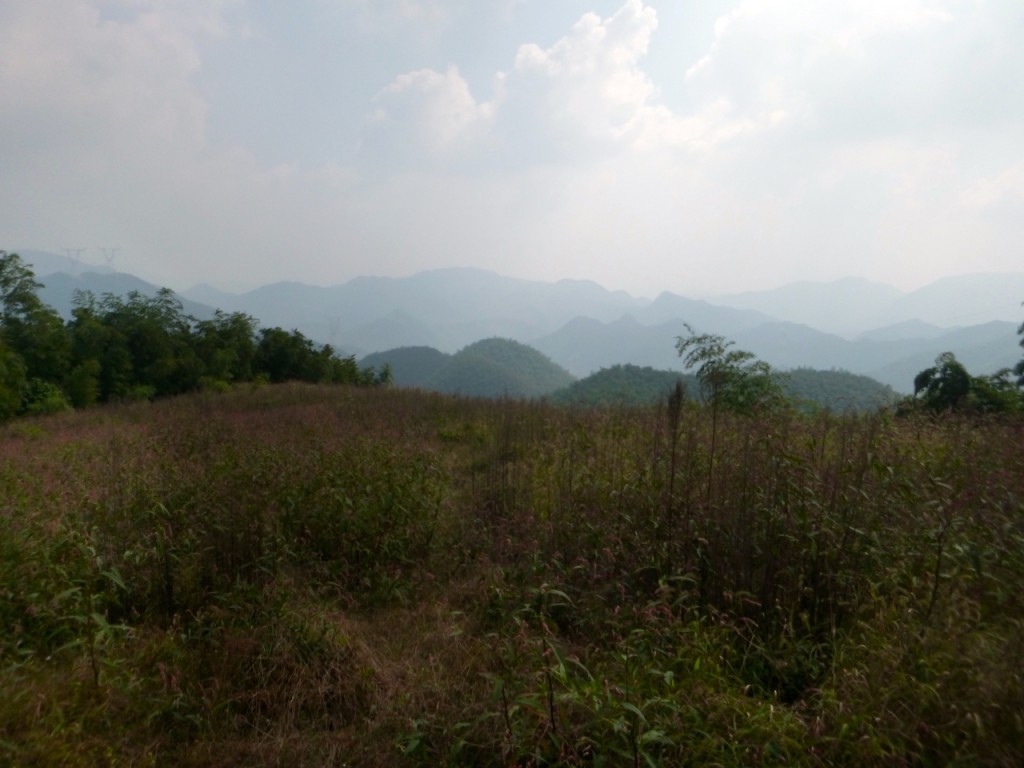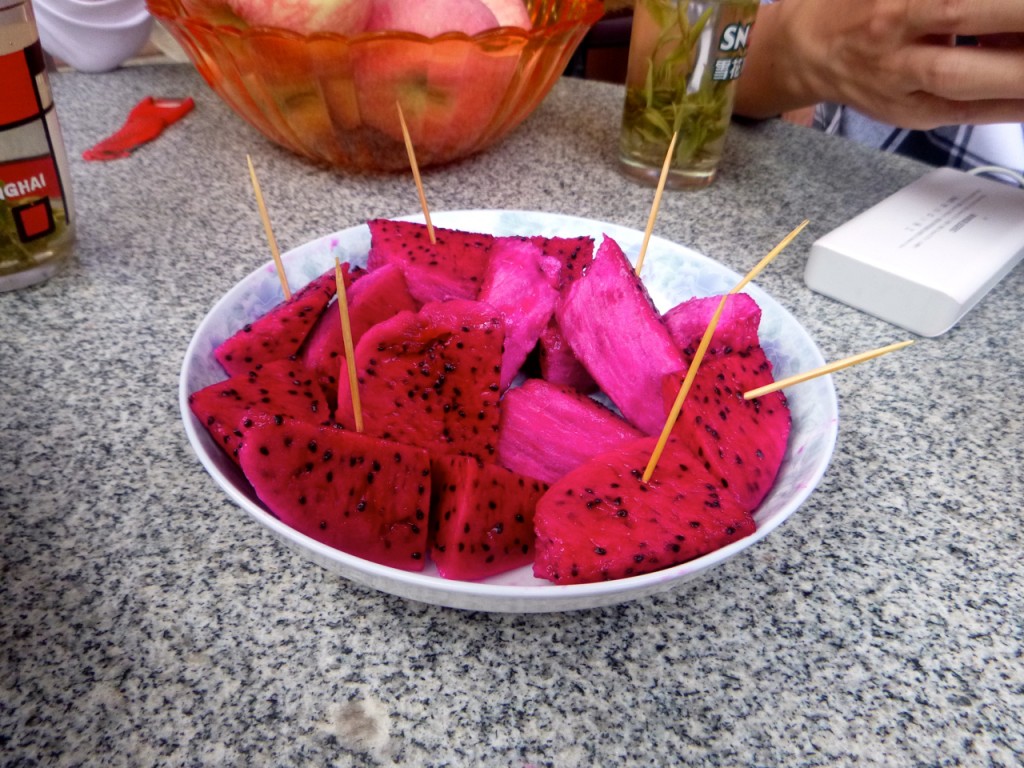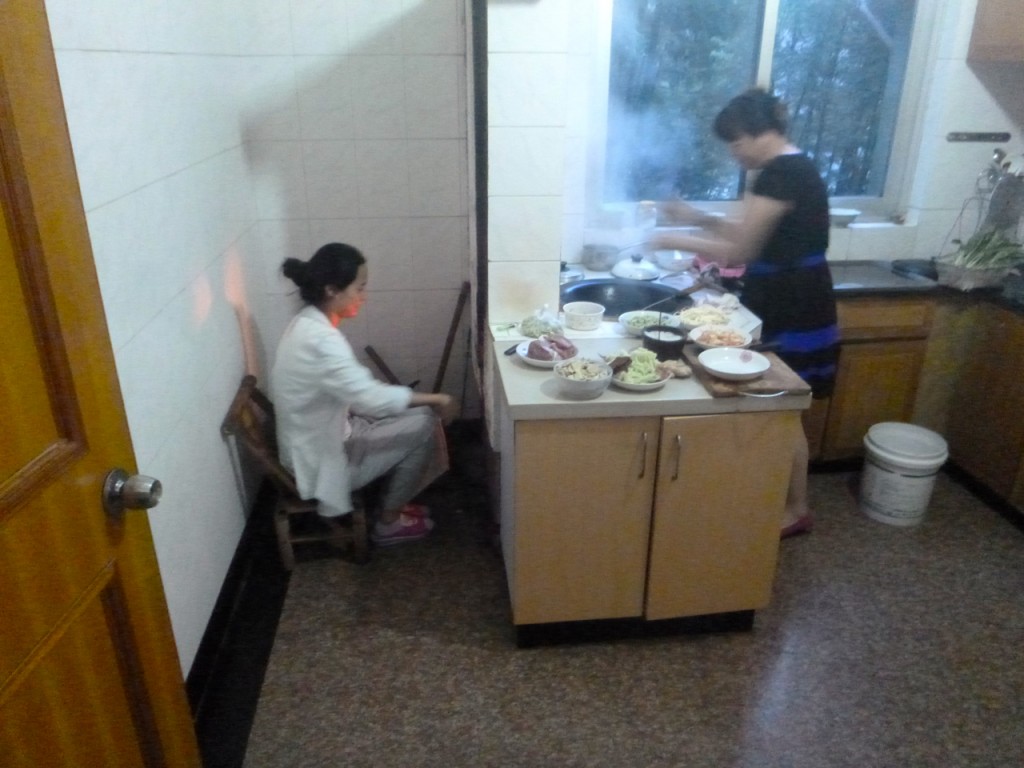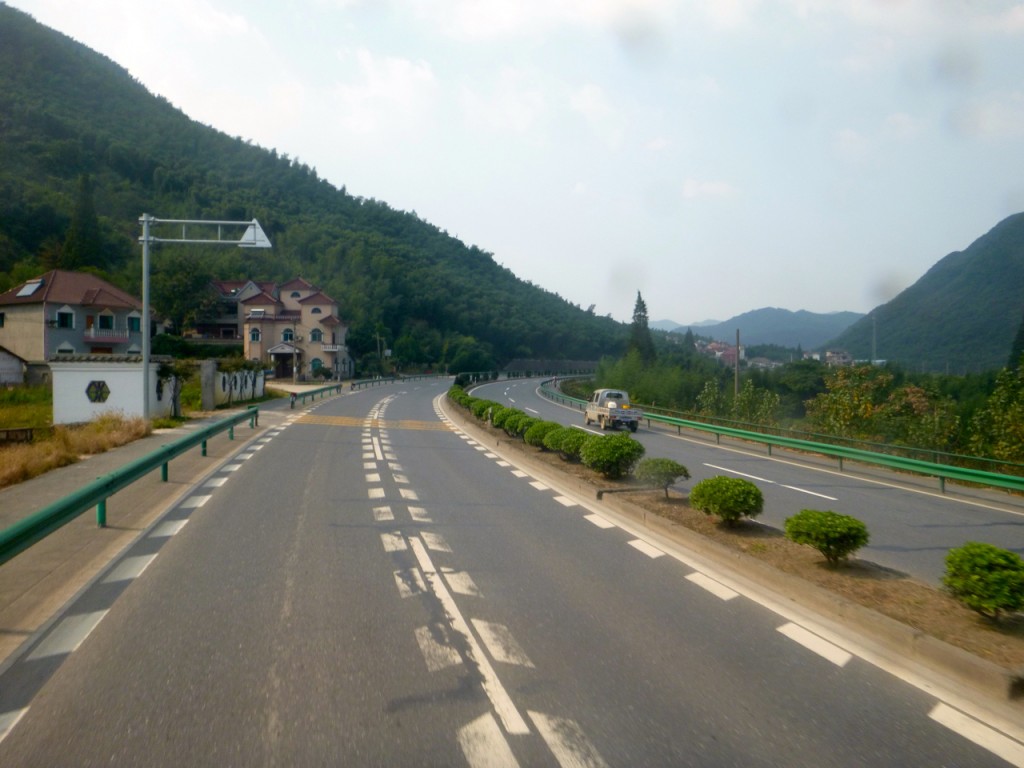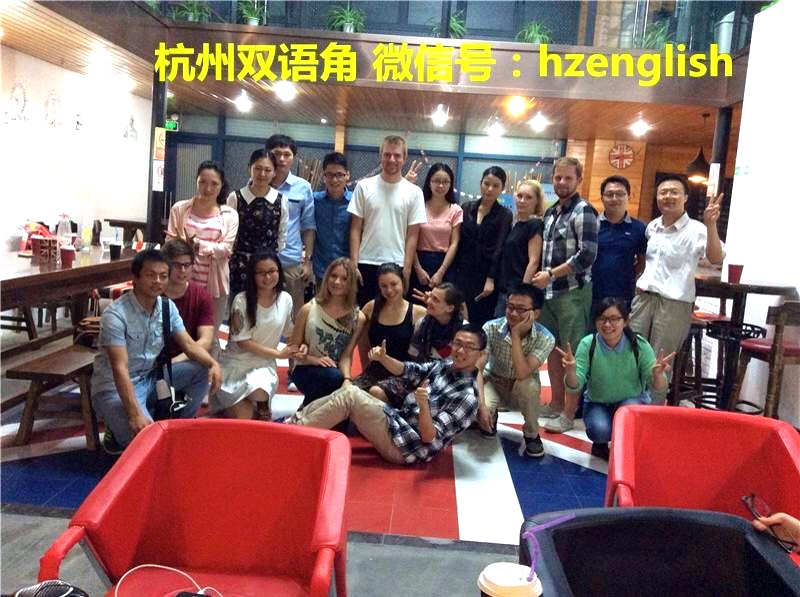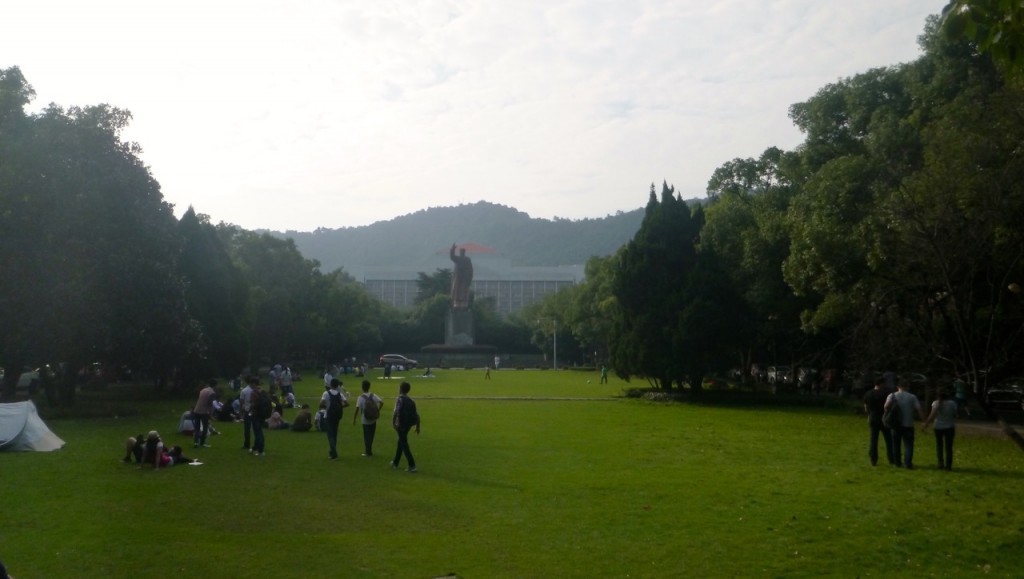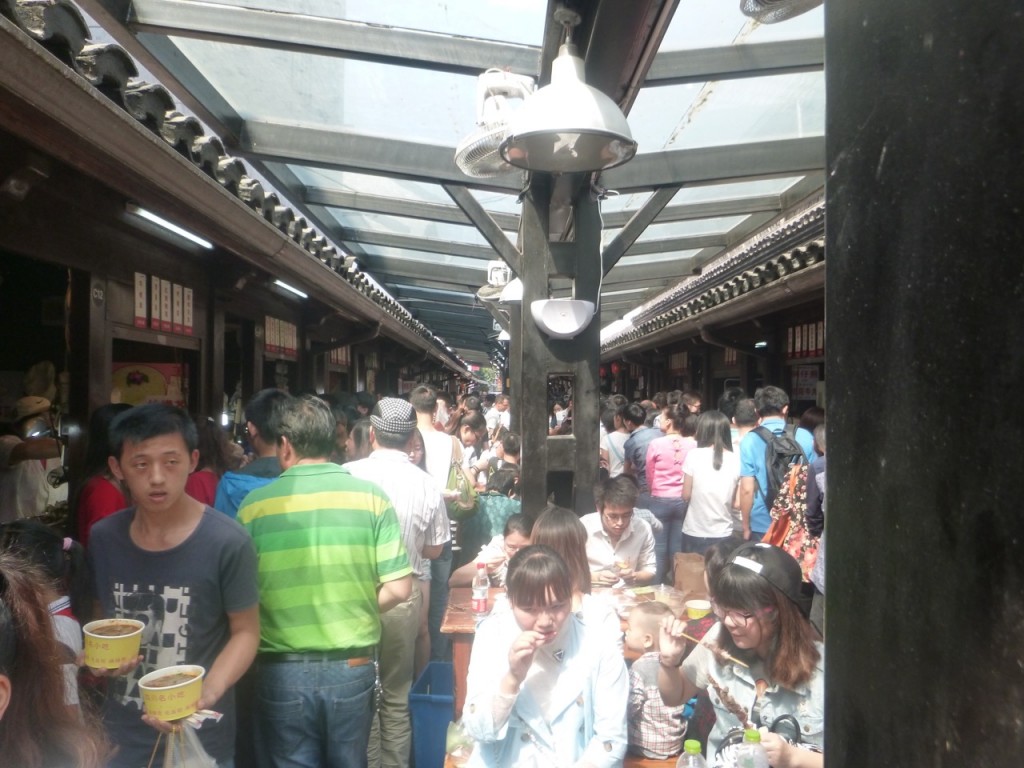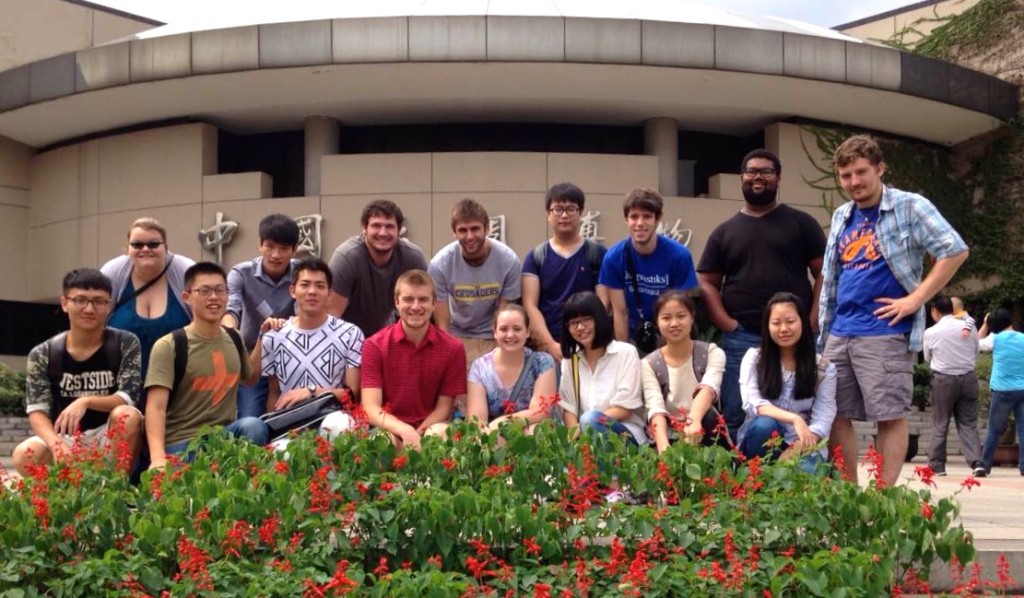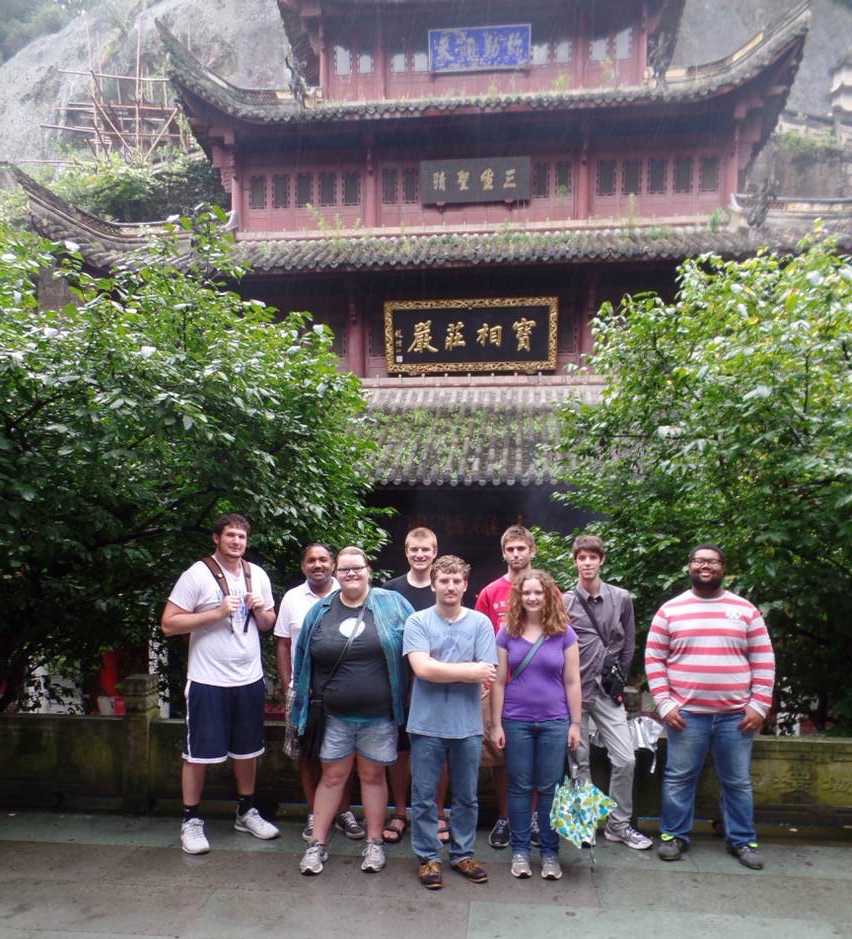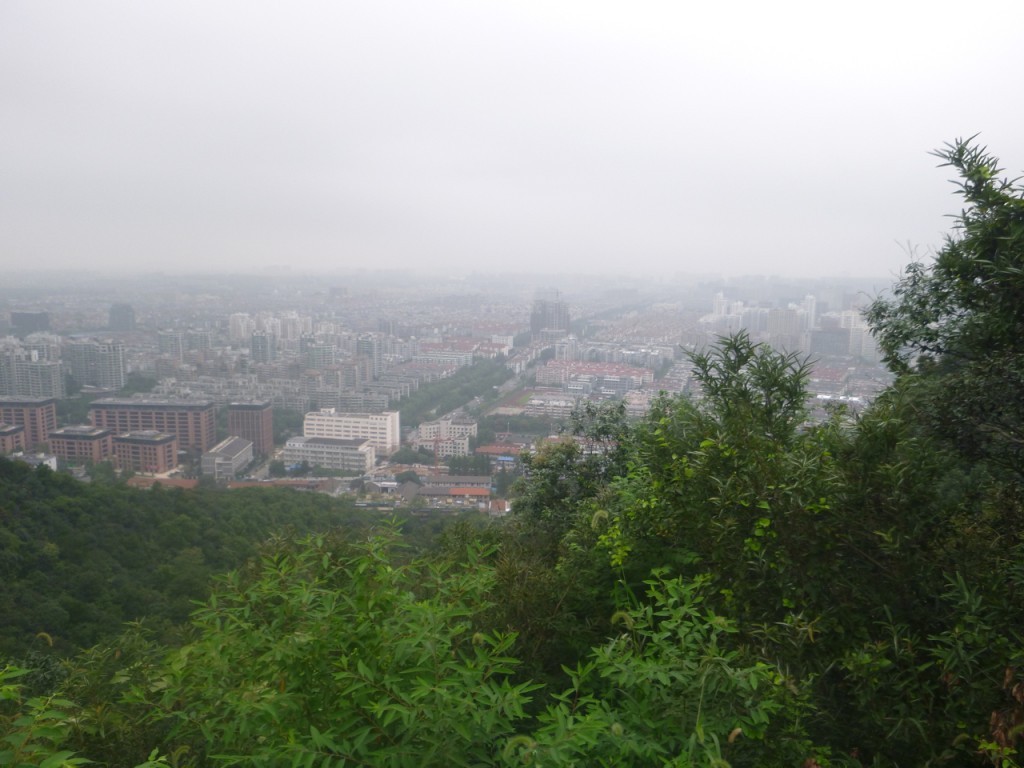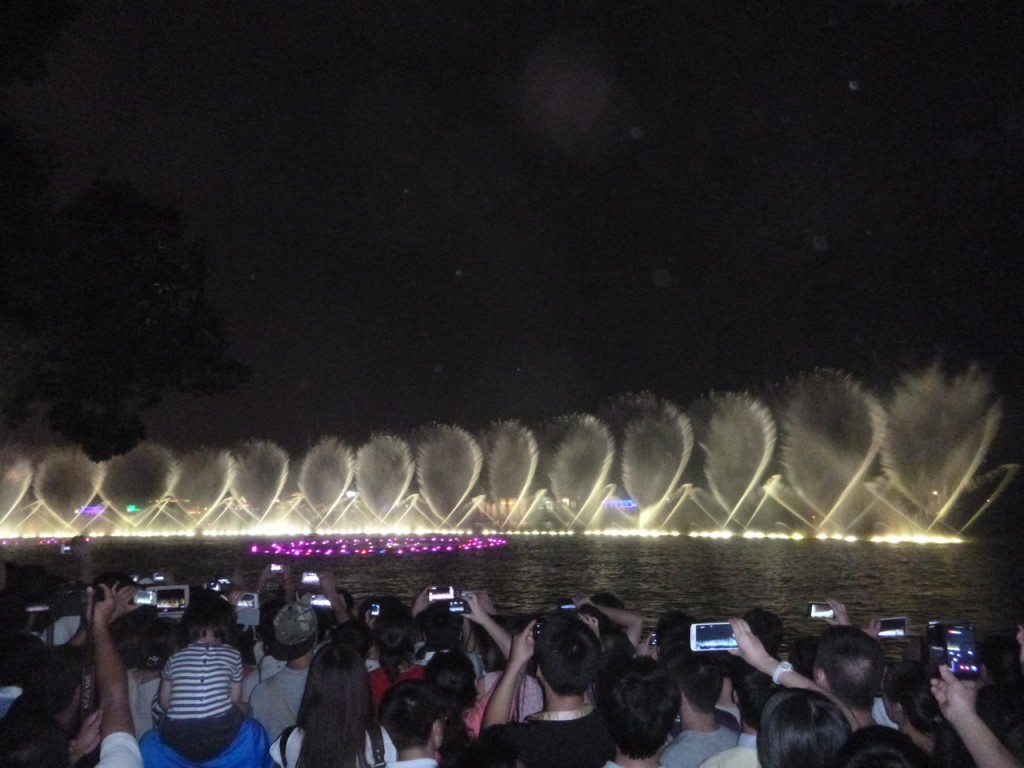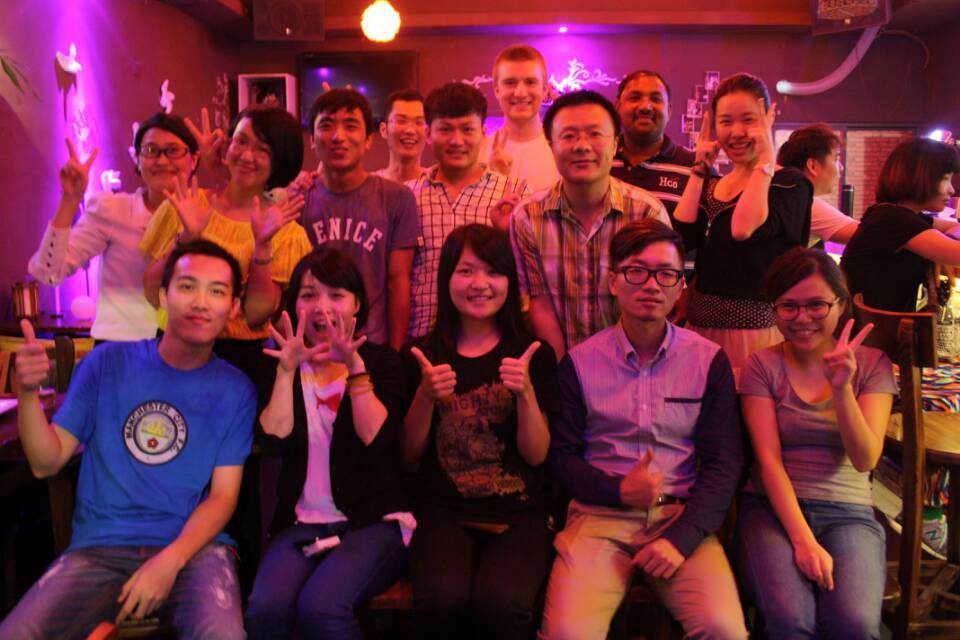This time tomorrow I’ll be flying back to the United States.
Like semesters at Valpo this semester in China seems to have passed in the blink of an eye, yet held a lifetime worth of experiences. (Okay, that’s a bit of an exaggeration.)
I’ve spent the better part of the last two weeks reflecting on my experience here, trying to summarize what I’ve learned and how I’ve grown. I probably won’t fully understand the effect China has had on me for at least another couple months, after I’ve reacclimatized to the States. Although I recognize that culture is a powerful global force, my experiences here have continually reinforced similarities we share all across the globe. Although now I’m trying to tease apart the difference between culture and humanity, as I think I have overly amalgamated the two.
While Christmas trees and other holiday decor remains few and far between, the balmy t-shirt wearing weather is (finally) gone. The cold, grey chill of December should make the transition back to Valpo a bit less harsh.
Classes wound down without much fanfare. My Valpo class’s final was a week ago and we had a short Chinese final on Friday.
Learning Chinese, although daunting at times, was great fun. Even I made rapid progress. This was definitely the way to learn a language: living in among the language/culture, taking an intensive course load and sharing it with a dynamic group of classmates. Maybe someday I’ll return to Chinese for a couple years to gain fluency.
On Wednesday my Chinese class went out to dinner as a send-off party for myself and Professor Pati (who also studied Chinese with my class). We dined at the Vineyard, an American-style sports bar and restaurant. Our three Chinese teachers came along which was really neat. I have greatly appreciated the way the Chinese teachers interact with the international students—they treat us as adults (some of us are) which leads to some very interesting discussions and lots of laughter. (One more hilarious memory was a class where we got distracted translating epic movie phrases from English to Chinese, such as “I’ll be back!” and “You shall not pass!” which sound significantly less intimidating in Chinese.)
At the Vineyard I spent most of the evening talking about culture and politics with a Ukrainian and Pakistani. The U.S. Senate had just released its damning CIA Torture Report, so I was feeling pretty sick about America’s moral standing. Yet here I was sharing friendly conversation with a student from Pakistan—a nation that has a justifiable reason to despise our government. Now it is hard to know anyone’s true feelings on political matters, but my time in China has definitely reaffirmed the belief that although government and extremist organizations may portray the world as a violent and scary place, most people are much more interesting in being friends holding anger. (At least within the educated demographic.) Also, curiosity seems to be a universal phenomena—we all asked questions about how people think/do/view things in _________ (insert home country).
Overall it was definitely one of my favorite evenings in Hangzhou. (Even if I got into an argument with the other American in the class about U.S. military policy towards Russia. Admittedly I enjoyed the argument.)
On Thursday I attended my final Big Bang English Club. I’ve been going weekly since September and made many more Chinese friends at it than on campus. I was nicely spoiled, they treated my like a celebrity. Given the approximately 10:1 Chinese to foreigner ratio, the Chinese were very comfortable chatting which I hope gave me a bit of insight into their daily lives and opinions which I lacked living in a dorm (a homestay would’ve been much appreciated, but only so many things can be fit in 4 months).
This weekend flew by with packing, an adventure downtown, miscellaneous ‘desk work,’ and good byes to my Chinese friends. Though it wasn’t without something new.
On Saturday as I was walking back to campus from last minute gift-shopping on Hefang Street. I decided to climb a bouldered ridge near West Lake to get back to campus. The bare rocks provided a 270˚ view of the city and ranged from a walking path to a 20’ vertical face I nearly got stuck climbing down the previous week. The boulders were fun to scramble across thanks to the lack of guard rails and other safety restrictions which would surely be in place if this were in the States.
From the boulders I headed into the forest as darkness was descending. The city was coming alight and plenty of Chinese had gathered on the boulders to enjoy the view. The most beautiful scene unfolded in the forest around us where hundreds of high powered flood lights illuminated the forest. The lights shown up into the leaves almost as if the stars had come down from the sky and settled amongst the trees. While I don’t want to consider the kilowatts needed to light up the hillside I found waling backing to campus through the lit-up woods to be a magical experience.
Well I should probably get back to packing and cleaning!

